Global Programs.
Alumni Ventures Fund
The Alumni Ventures Fund invests in the alumni from our Young Leaders Program by equipping them with the financial and mentorship support needed to strengthen and scale up their existing impact projects.
About the Program.
What is it
The Alumni Ventures Fund is an exclusive opportunity open to all graduates of the Young Leaders Programs (Young Leaders Fellowship and/or Young Leaders Conference). This Fund offers graduates of our Young Leaders Program a unique opportunity to scale up their existing community development work in health, education, or economic security, with the aid of a start-up grant of up to $5,000 coupled with a year of professional mentorship.
MCW Global’s alumni network comprises a diverse set of innovative and ambitious young leaders worldwide. In a bid to honor their leadership efforts in developing their communities through meaningful projects, we set up the Alumni Ventures Fund. Our mission remains unchanging: to address communities’ pressing needs by empowering current leaders and readying leaders of tomorrow. In some cases, that empowerment looks like funding and close professional mentorship. That is what this Fund is for.
The Alumni Ventures Fund is fully supported by The Claire Friedlander Family Foundation and Hyman R. and Ruth Shapiro Foundation, Inc.
Grant types
What We Offer
The Alumni Venture’s Fund offers:
Two grants up to $5.000
The two recipients of the midsize grants will receive direct mentorship from an expert in the field of their project’s work. The mentor will guide the mentee to strategically scale their project from a resource mobilization perspective to project management and teambuilding angle.
10 The Claire Friedlander Family Foundation and Hyman R. and Ruth Shapiro Foundation, Inc. grants up to $500
Three – Five months-long projects with no mentorship assigned.
Eligibility Criteria.
Am I Eligible?
- Young Leaders Fellowship; and/or
- Young Leaders Conference
- You are working in the areas of health, education, and/or economic security
Alumni Ventures Fund Recipients
Recipient Testimonials
The Alumni Ventures Fund offers graduates of our international Young Leaders Fellowship a unique opportunity to turn their vision plans into concrete community-based projects with a start-up grant of up to $5,000 and a year of professional mentorship. With 40 recipients and more than $94,500 granted since the Fund’s founding in 2009, AVF has helped young leaders achieve their personal goals of being changemakers in their communities. Here they are!

Daudi Kitoi
Tanzania — 2023
To provide oral health education, dental screening services, topical application of fluoride and treatment to pupils with dental caries in Malinyi District Primary schools.
As a dentist, Daudi spent time attending to patients every day at the dental clinic in Malinyi District and came to observe that more than 90% of people in his community had dental caries and 100% of them came to the clinic when it was too late, bringing with them root remnants and dental abscesses. Of those patients, 1-2 of them were children who were missing school due to oral diseases and their parents could not afford to pay for their treatment, so they stayed home and were given painkillers. These observations led Daudi to start dental outreach programs in his district, where he provides oral health education in schools to improve oral health awareness among children.

Dina Hanbak
Egypt — 2023
To educate, connect, and guide young women in the labor market by providing quality technology resources and soft skills training.
After witnessing first-hand the unemployment struggles faced by girls in marginalized areas in Egypt, Dina resolved to start an initiative that empowers girls through education. According to Dina, many girls are forced to drop out of school due to financial constraints and cultural norms that prioritize boys’ education over girls’. Beyond that, girls in the countryside suffer from a lack of non-formal education, and as a result, they are left with limited opportunities for employment. Noticing that the unemployment rate in the region increased to more than 70%, Dina designed a sustainable community-based venture to give girls the opportunity to learn about the labor market and provide them with training in the basics of non-formal education and soft skills to help them join and compete in the labor market.
To Dina, “this idea means empowering girls and giving them the tools they need to succeed. It means breaking down barriers and creating opportunities where there were none before. It means investing in the future of these girls and their communities.”
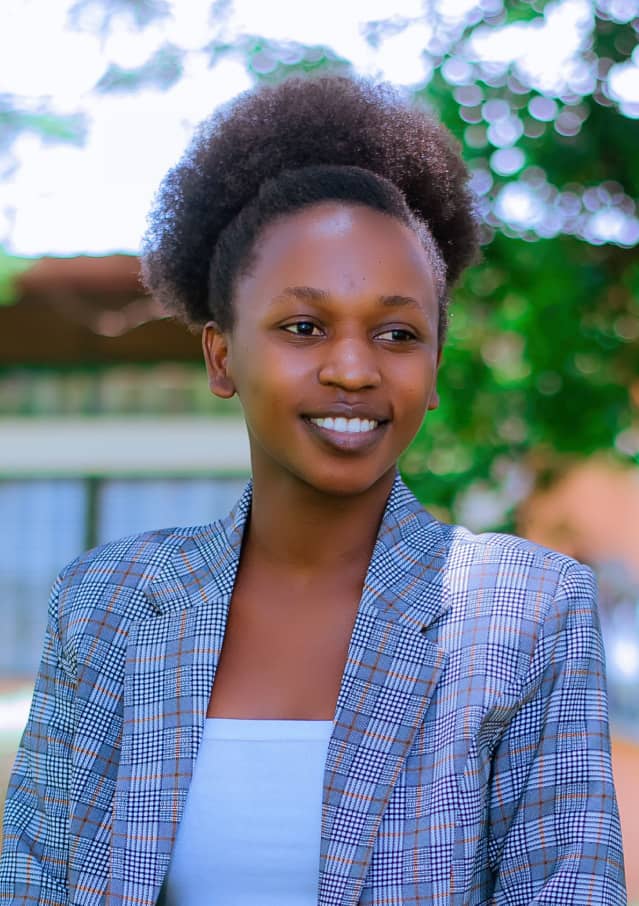
Esperance Niyigena
Rwanda — 2023
Promoting the oral health of people with hearing impairment by providing oral health education using sign language and practical demonstrations.
During her clinical placement, Esperance and her colleagues received a young patient with a hearing impairment who was seeking dental services. The clinic staff struggled to diagnose the young boy because none of them was equipped with sign language skills. Esperance says this led to an awkward case of clinically examining him to determine his exact ailment. After his visit, several other deaf patients visited the hospital and Esperance observed the necessity of good communication as a means to establish proper diagnoses as a health care provider. Her “Leave No One Behind” Project acknowledges that mainstream oral health education lacks in its failure to cater for people who are deaf and hard of hearing. Through her project, she uses sign language to provide oral health education to deaf people who are just as in need of oral health care as everybody else.
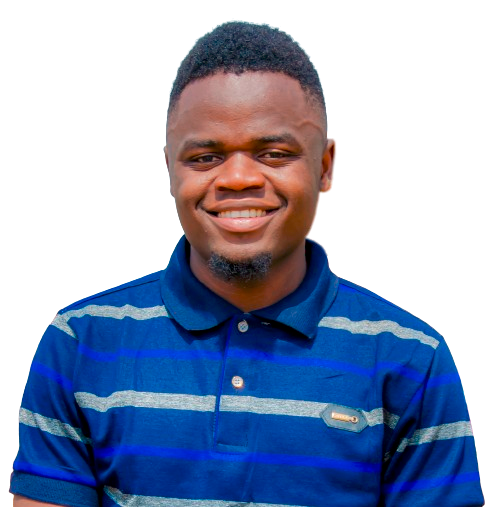
Etienne Jam
Cameroon — 2023
Improve graduate employability, career development and community action using tools of action-based research, innovative volunteerism and life skills education, reaching every graduate at his/her own developmental and integration needs.
According to Etienne, graduates in Cameroon face difficulties integrating into the job market and/or developing a career, due to a lack of exposure and guidance as limited resources are invested in areas of life skills education, action- based research, and innovative volunteerism. The armed conflict in the 2 English-speaking regions of Cameroon has exacerbated the 33% unemployment and 90% underemployment rates of youths below the 25 years age bracket. Having personally experienced and witnessed in others the challenges of unemployment as a graduate, Etienne started the “Graduate Action Corps” project initiative, where graduates can come together receive guidance and life skills education and actively partake in innovative volunteerism to raise a breed of high achieving, and impact driven graduate corp in the community. This, he believes, will improve graduate employability, career development and community action.
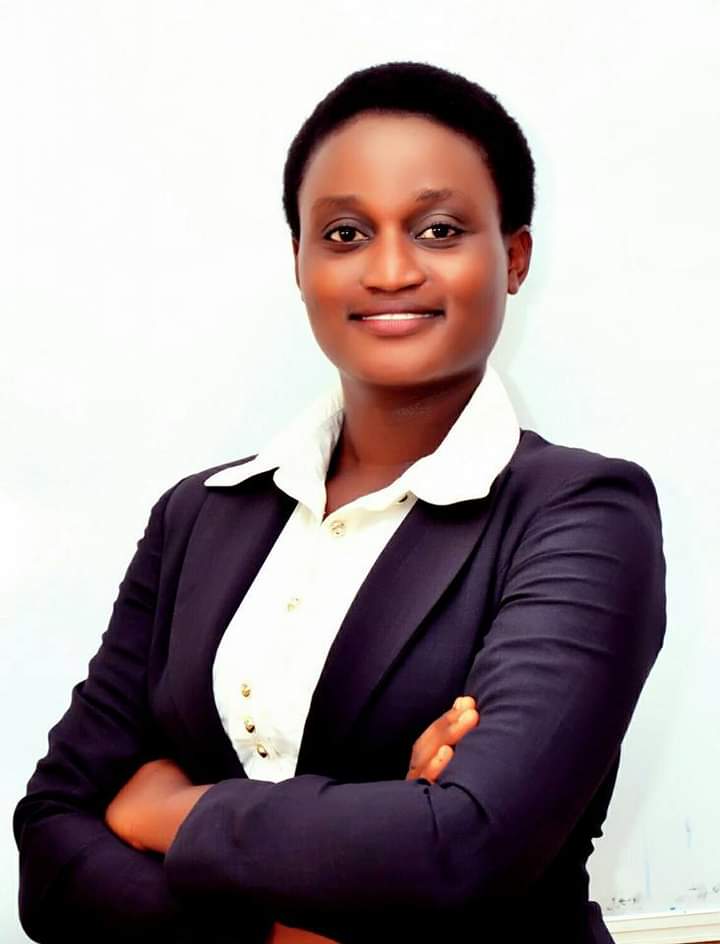
Faith Omotayo
Nigeria — 2023
To educate young girls in my community about the menstrual cycle, to improve access to period products for young girls, and to teach boys about puberty and period-focused education.
In Nigeria, many young women struggle with menstrual hygiene due to period poverty and the absence of adequate information about menstrual health. Faith comes from a community where many young girls skip school when they are menstruating due to the inability to afford sanitary pads. Girls in low-income communities such as hers, resort to using old rags or newspapers as a substitute for sanitary pads, leading to infections and other health issues. They are equally exposed to harmful misinformation about menstruation such as being told that whenever they are menstruating, they are unclean. When Faith met a young orphan girl in her community who missed writing an important school test during her menstrual flow because she feared getting stained and could not afford sanitary pads, she recognized that many young girls share the same experience and designed the EDUCARE Initiative. Through this project, Faith teaches young girls in secondary schools in her community how to make reusable sanitary pads and gives them sanitary pads that can last beyond single use while promoting information on menstrual hygiene management.

Gloriose Cyizere
Rwanda — 2023
To improve and promote oral health through training of community health workers and primary school teachers and to improve the basic understanding of oral health.
Having engaged in community outreaches about oral health education and oral screening, Gloriose found that many people lacked knowledge on how to do oral hygiene which caused them to suffer from oral diseases that could be prevented. She noticed a community burden of oral diseases due to improper and irregular oral hygiene and treatment delay. Her project was thus designed to improve and promote oral health in her community through training community health workers and primary school teachers and building their knowledge on proper oral hygiene. Gloriose’s project uses radio talks to reach community health workers, influencers and policy makers.
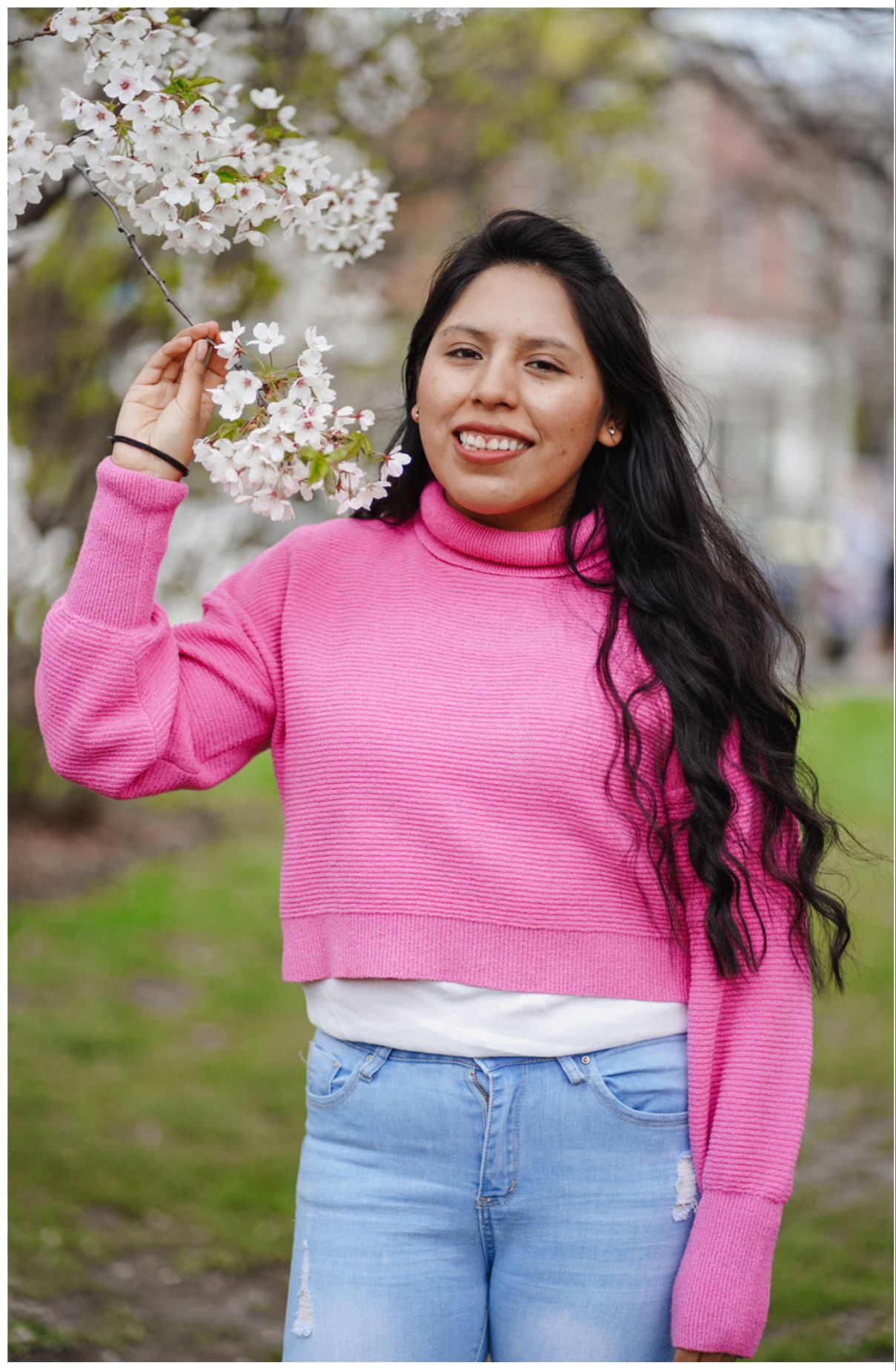
Kely Alejo Apaza
Bolivia — 2023
To develop and promote community education strategies related to water issues.
In Kely’s place of birth, the Achocalla community located in the department of La Paz in Bolivia, there is a need for the constant supply of clean and safe drinking water. In Achocalla, people carry water for long distances from wells, rivers, or ditches and some families confront and sometimes attack each other for what little remains. Kely noticed that her community lacks knowledge and understanding on water management and conservation. She admits that while there is a range of materials and projects focused on water-related education, these are not well connected to offer customized solutions to individual communities, such as hers, based on their necessities. Some of the limitations she identified in the existing water education system include use of outdated, biased or irrelevant information, lack of continuity between different levels of water education, lack of integration with the wider curriculum and with local knowledge, lack of practical relevance to local and community needs, and poor linkages with locally available professional bodies. “The UMA project” (the indigenous Aymara word UMA means water) therefore has the mission to help communities in need so they can have the appropriate knowledge and understanding of their watershed, the natural, social, cultural conditions, as well as policies and regulations, economic trends and development opportunities, to be involved in water management and conservation.
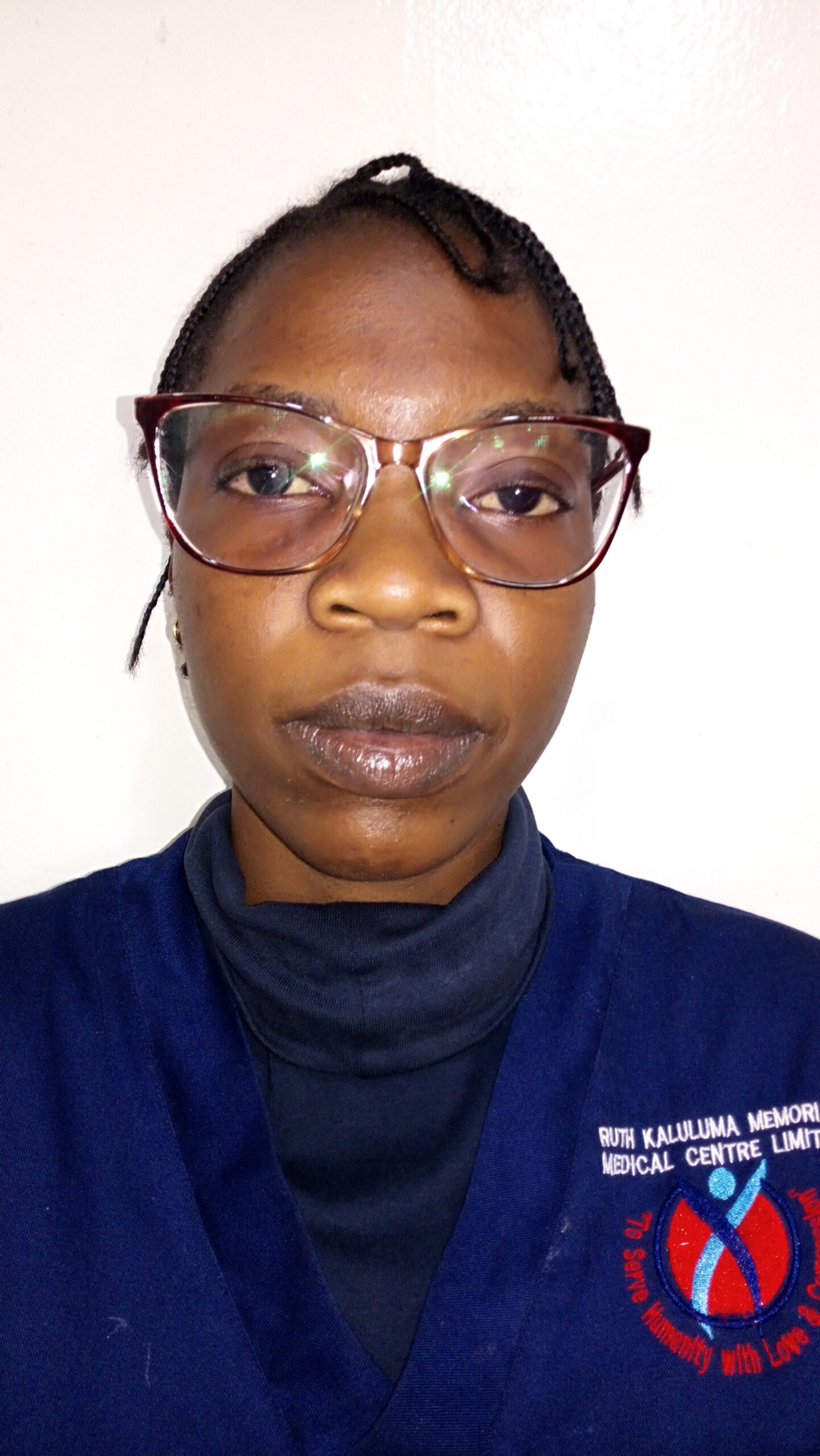
Mutinta Mundia
Zambia — 2023
To achieve improved oral health care habits and hygiene through oral health care education, advocacy and treatment to the seniors’ citizens in communities.
During a health expo in the John Laing community of Lusaka, Zambia, Mutinta and her dental team carried out screening activities, during which they discovered that the majority of patients were within the 55-70-year age group and were presenting mild to severe dental conditions. These patients lacked a source of income which made it difficult for them to receive treatment at local clinics before the conditions worsened. Due to limited resources, Mutinta and her team were unable to treat all patients despite them gravely needing it. It was this inability to act due to a lack of resources that led Mutinta to design her “Restore Dental Project” which aims to provide oral health care education, advocacy and treatment to senior citizens aged between 55 and 70 years in the John Laing Community of Lusaka.
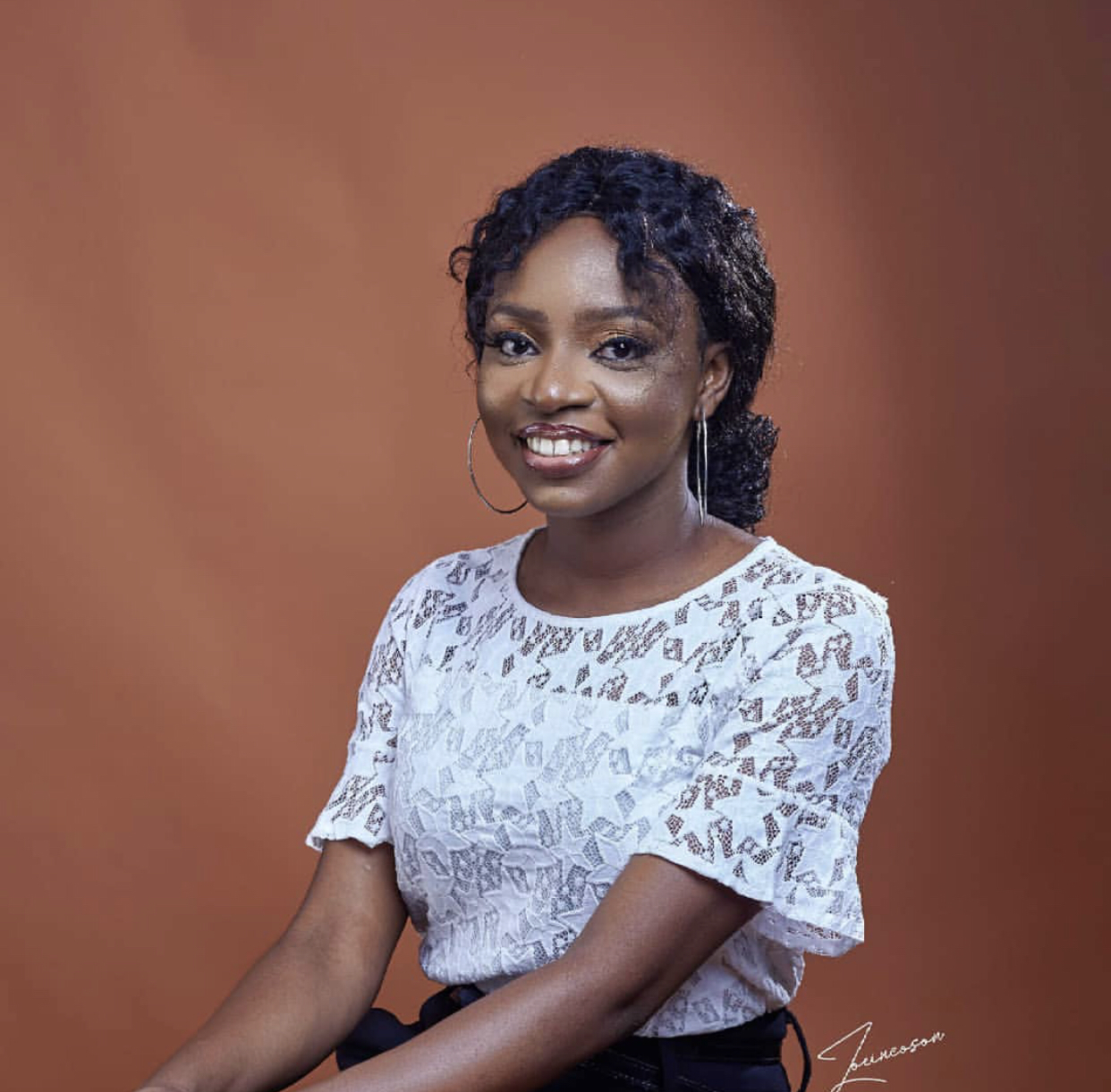
Oluwatomi Olunuga
Nigeria— 2023
To strengthen the capacity of adolescent leaders to prevent sexual violence through trainings and provision of resources to develop school-based sexual violence prevention programs.
Despite commendable efforts to reduce sexual violence in the Osogbo community of Nigeria, Oluwatomi notes that there is still a prevalence of sexual violence among adolescents that needs to be addressed. There are limited programs conducted in the state to reduce the incidence and experience of sexual violence among adolescents. Some of these adolescents lack the agency to take informed decisions on sexual violence prevention. In Nigeria, 1 in 4 girls and 1 in 10 boys have experienced sexual violence before the age of 18 years old (Premium Times, 2021). A newspaper review that Oluwatomi conducted revealed that 27 adolescents had been violated sexually in 2023 alone by men who are way older than them, and these were only the ones that made it to the newspapers while most go under reported.
This is why she started the Adolescents against Sexual Violence (ASV) project which aims to build the capacity of adolescent leaders to prevent and advocate against sexual violence among adolescents in secondary schools in Osogbo. Through this initiative, school prefects and other adolescent champions will be trained on sexual violence prevention strategies, and provided with the tools and resources to develop school-based programs that promote sexual violence prevention. By empowering adolescent leaders with knowledge and skills to address sexual violence, the ASV project will help to create a more resilient and safer community. The project will foster the development of adolescent networks and structures that are actively involved in preventing sexual violence, promoting healthy relationships, and supporting survivors. This, in turn, will help to create a culture of safety, respect, and equality in secondary schools and the wider community.
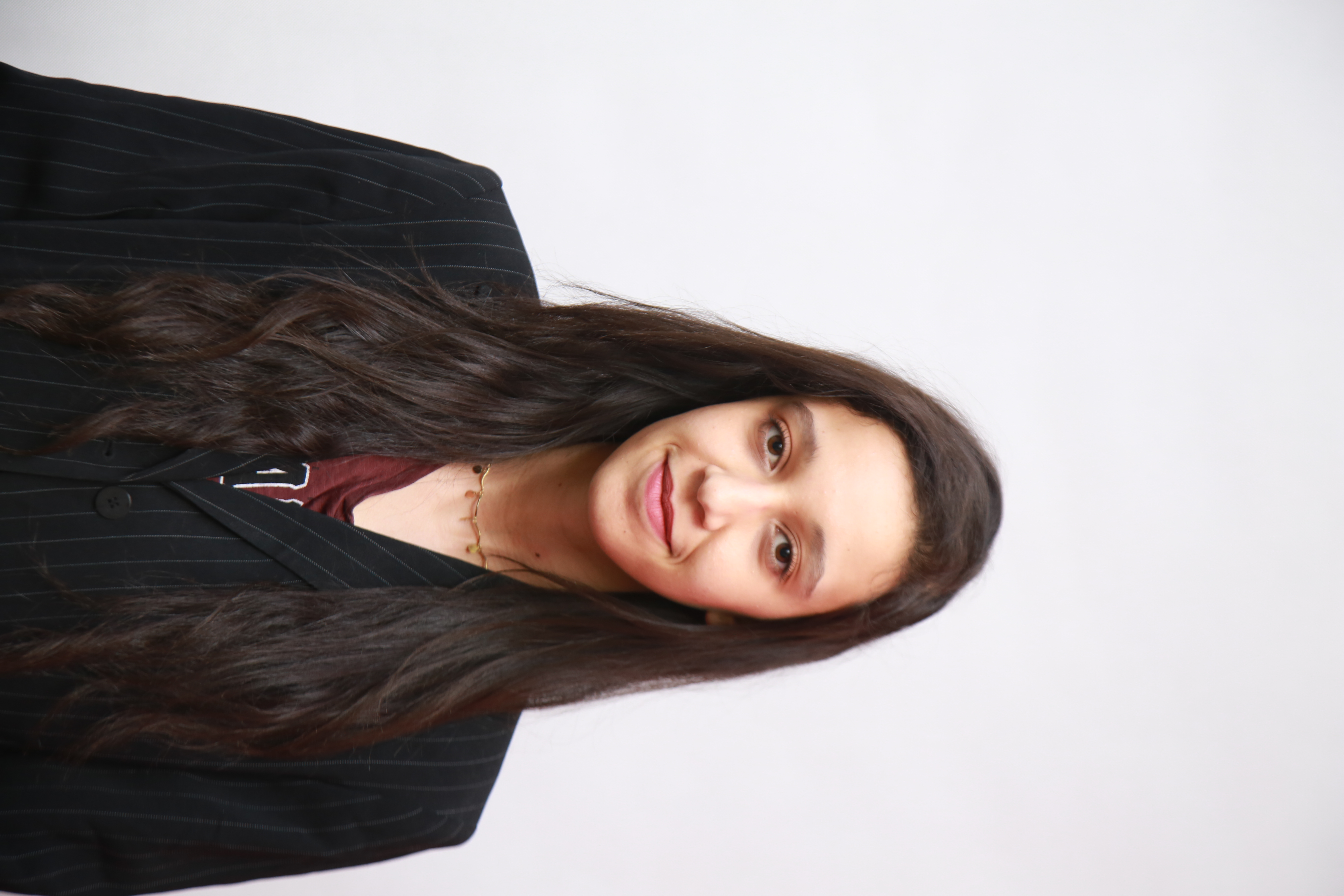
Wiem Souai
Tunisia— 2023
To increase the successful development of new businesses, job creation, and employment in Gabes through entrepreneurship education, resources, and support for individuals who may face barriers to starting their own businesses.
Wiem celebrates that the phenomenon of women aged between 18 to 35 years old who want to become entrepreneurs is becoming more and more common. She acknowledges, however, that they have to fight against obstacles that do not necessarily have to do with starting their business. In Wiem’s city, Gabes, the unemployment rate has risen to over 25% and of that, 60% are women who are affected by unemployment. In addition to the high unemployment rate, Wiem has found that female entrepreneurs lack support structures such as human and material resources and funding. They are also more prone to choosing business venture ideas that are repetitive and non-competitive due to a lack of innovative strategies and competencies which disadvantages the women and their businesses, and they lack proper mentorship and networks to help them succeed.
Wiem’s ScaleUp project addresses these challenges. ScaleUp is an incubation project that aims to support and mentor aspiring youth, particularly females who are from underrepresented communities, in developing and launching their own sustainable businesses.
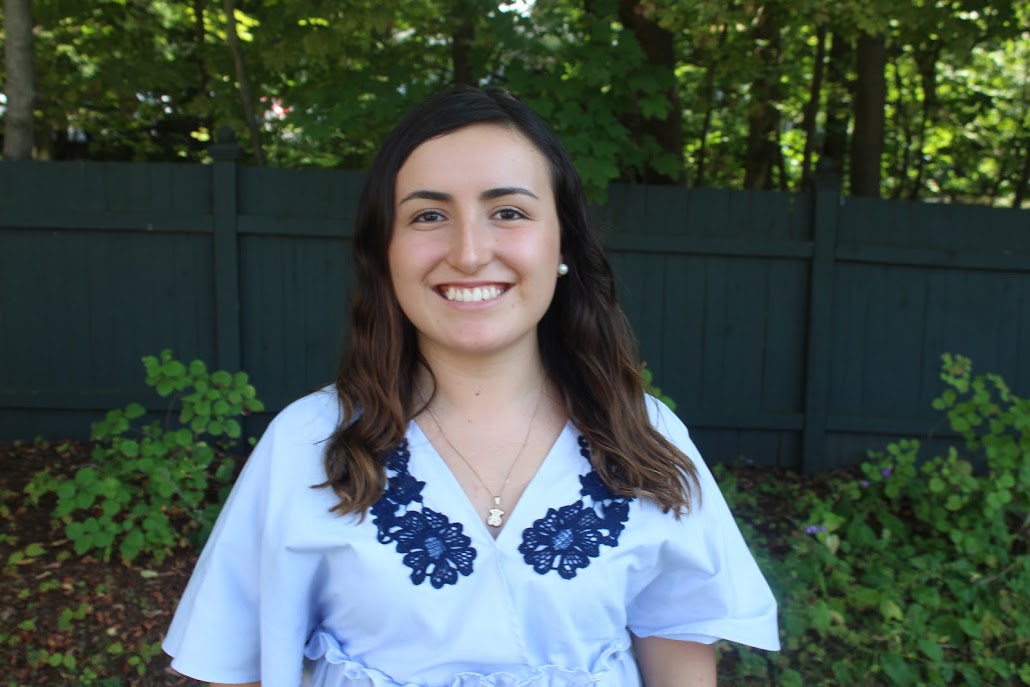
Maria Jose Lovaton
Peru — 2022
To create a network of young people working in the public sector or interested in doing so, through activities like workshops on active citizenship and innovative project design that address current national issues.
According to Maria Jose, in Peru, like in many other Latin American countries, young people perceive the public administration as corrupt and bureaucratic. As a result, only a few of them believe in the capacity of public authorities and the civil service to solve their most urgent problems. However, many young people are committed to the public good and interested in addressing public policy issues in their communities but need guidance to design and implement projects that create a positive social impact.
While reflecting on how she, as a young leader, could contribute to improving this situation, she realized the importance of strengthening public institutions in her country. That is how she decided to join IMPACTA, “Youth for Public Management”, a non-profit civil association, directed and formed by young people convinced that in order to achieve the full development of a country it is necessary to have solid, transparent public institutions capable of responding efficiently to the needs of its citizens. The objective of her project is to develop workshops for young people committed to the public good to provide them with the necessary tools and skills to become active citizens and community leaders that actively engage with local actors to develop community-based solutions to their most urgent problems. The workshops will be organized in three sessions: Citizen Engagement, Citizen Innovation, and Citizen Leadership.
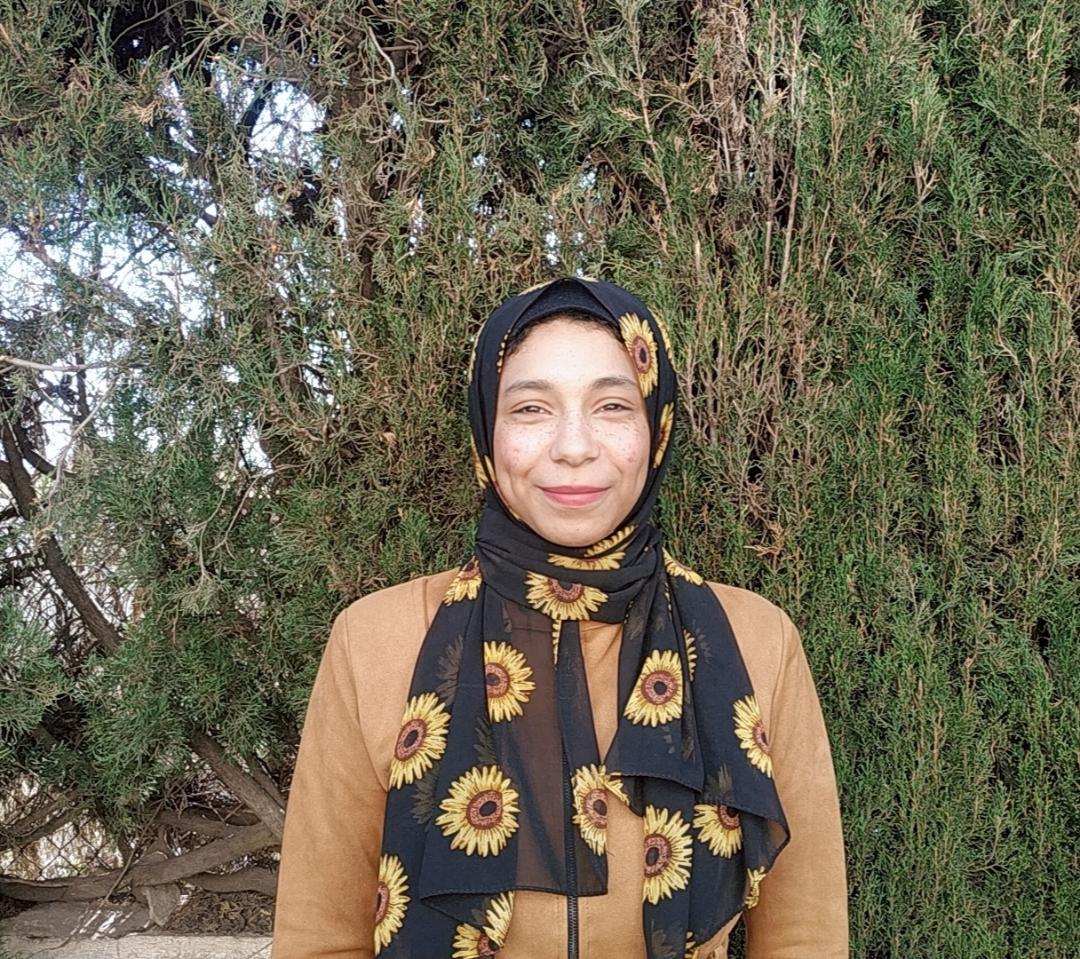
Shrouk Hussien
Egypt — 2022
Supporting youth globally to be free of depression, and suicidal thoughts through online mental health support.
Having struggled with mental health issues herself, Shrouk had to find ways to preserve her mental health and become mentally resilient. This however was a challenge considering the stigma attached to mental health issues in her country, Egypt, coupled with the lack of affordable resources for young people. She noticed that there are a few organizations that provide mental health support for young people. The majority of these organizations, she noticed, steal patient data and sell it for marketing purposes, and the others offer therapy sessions at exorbitant prices that require substantial wealth to afford.
This is why Shrouk founded Yellow vs Blue, to help youth globally with issues in mental health and career guidance. Yellow vs Blue actively provides individual sessions and group workshops to facilitate and destigmatize the role of therapy and mental health. It is a global mental health project that brings people together from all over the world and provides services in workshops, sessions, and programs free of charge. In her project, she believes that therapy should be available to everyone and that youth shouldn’t be concerned with money if they want to start their healing journey.
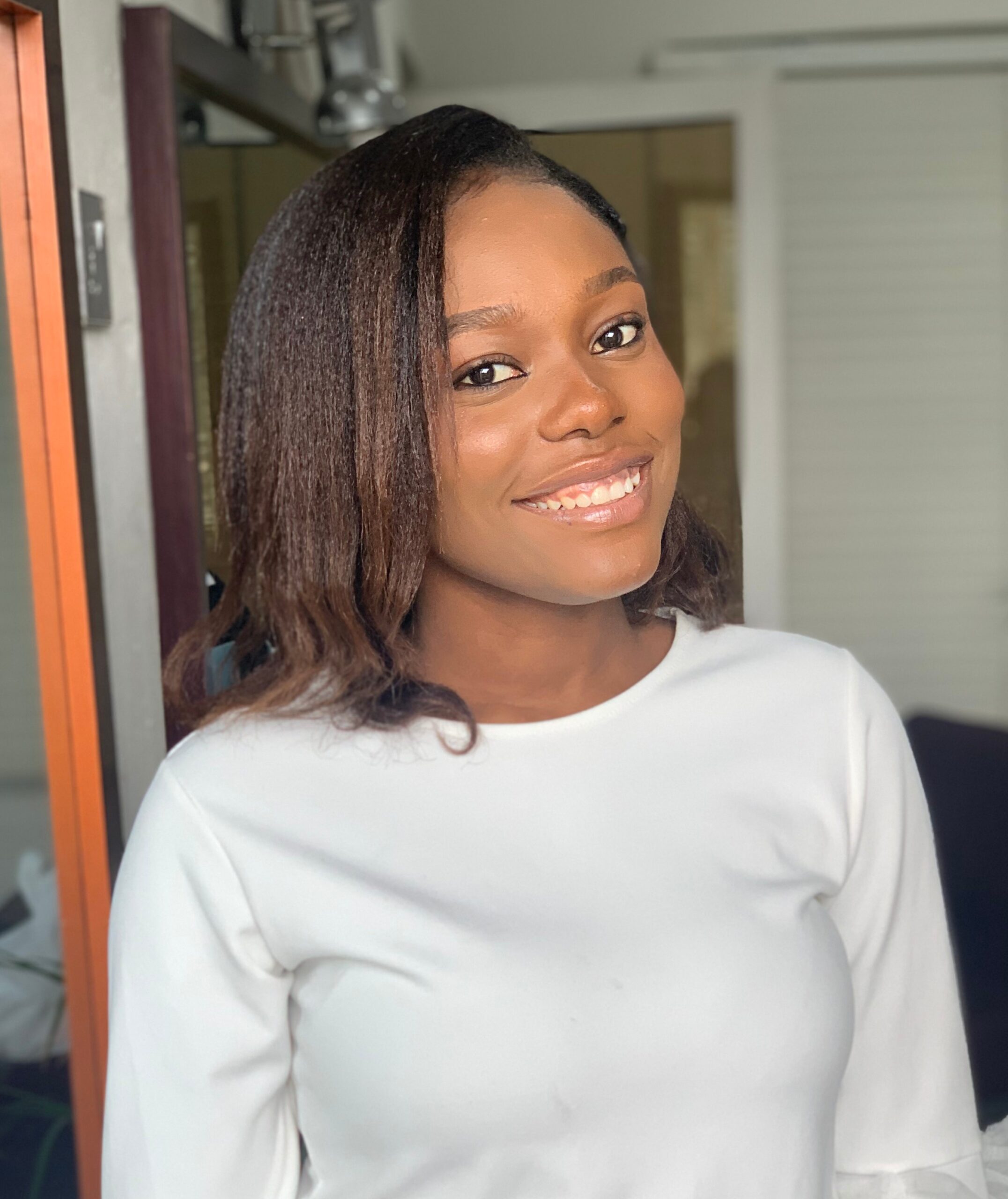
Veronica Silas
Nigeria — 2022
To empower young graduands with essential soft skills and resources through training and internship to become mentally aware global citizens and attain economic security.
According to Veronica, in Nigeria, a country of over 200 million people, mental health is greatly neglected and often allocated to spiritual attacks thereby subjecting victims to a series of spiritual healings and stigmatization without a diagnosis. This cultural stereotype led her to organize a sensitisation in her community on mental health concerns like anxiety, depression, and addiction and she is currently working on mental health education for students.
Through her initiative, IMH MAGs, an acronym for In My Head Mentally Aware Global Citizens, Veronica aims to raise awareness of mental health and global citizenship. IMH MAGs will prepare young secondary school graduands to be mentally aware global citizens by empowering them with soft skills and working experience to improve themselves and impact their community. This would promote mental health education and a global citizenship mindset in young people and also improve the low economic index of my community.
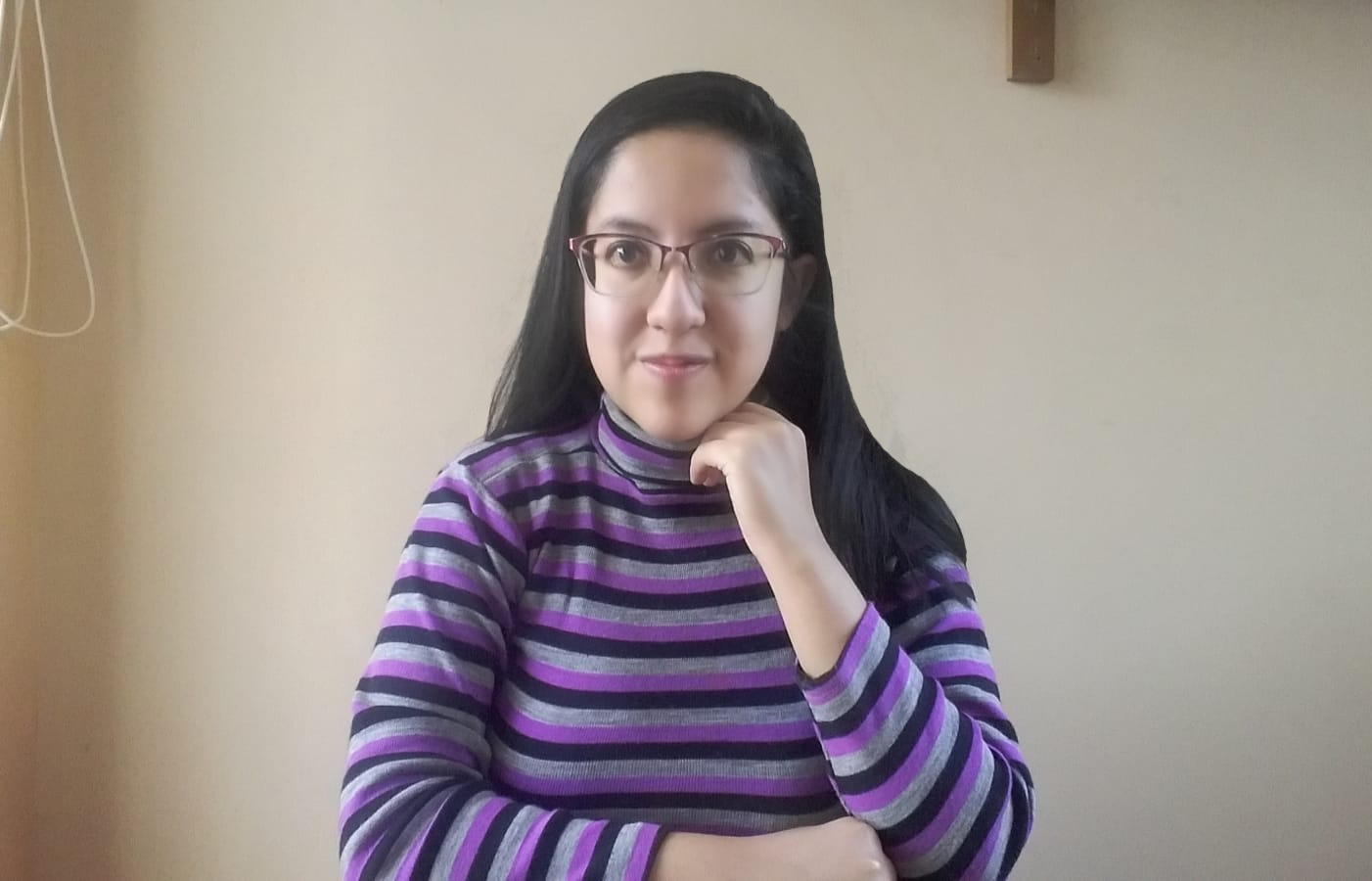
Valeria Belén Cerpa Salas
Peru — 2022
To collective mapping activities (in person and in digital environments) on the identification of problems that affect the mental health of the population and that occur in the public space in the city of Arequipa, Peru, and to identify the causes of these issues and propose a toolkit in order to mitigate the effects.
Valeria observed that during the COVID-19 pandemic, people’s mental health was severely affected and became curious to see how city planning could solve this issue.
This is why she designed a project that promotes the improvement of people’s mental health through healthy public spaces in the city. The project deals mainly with social needs that affect citizens, such as citizen insecurity and violence in public spaces. It addresses this from digital mapping techniques and the generation of graphs and visualizations that show information obtained from participatory activities carried out in public space. Through mapping, Veronica and her team can identify the issues that the citizenry is facing that contribute to the degradation of their mental health, and having identified these issues, they can formulate solutions to mitigate their impact.
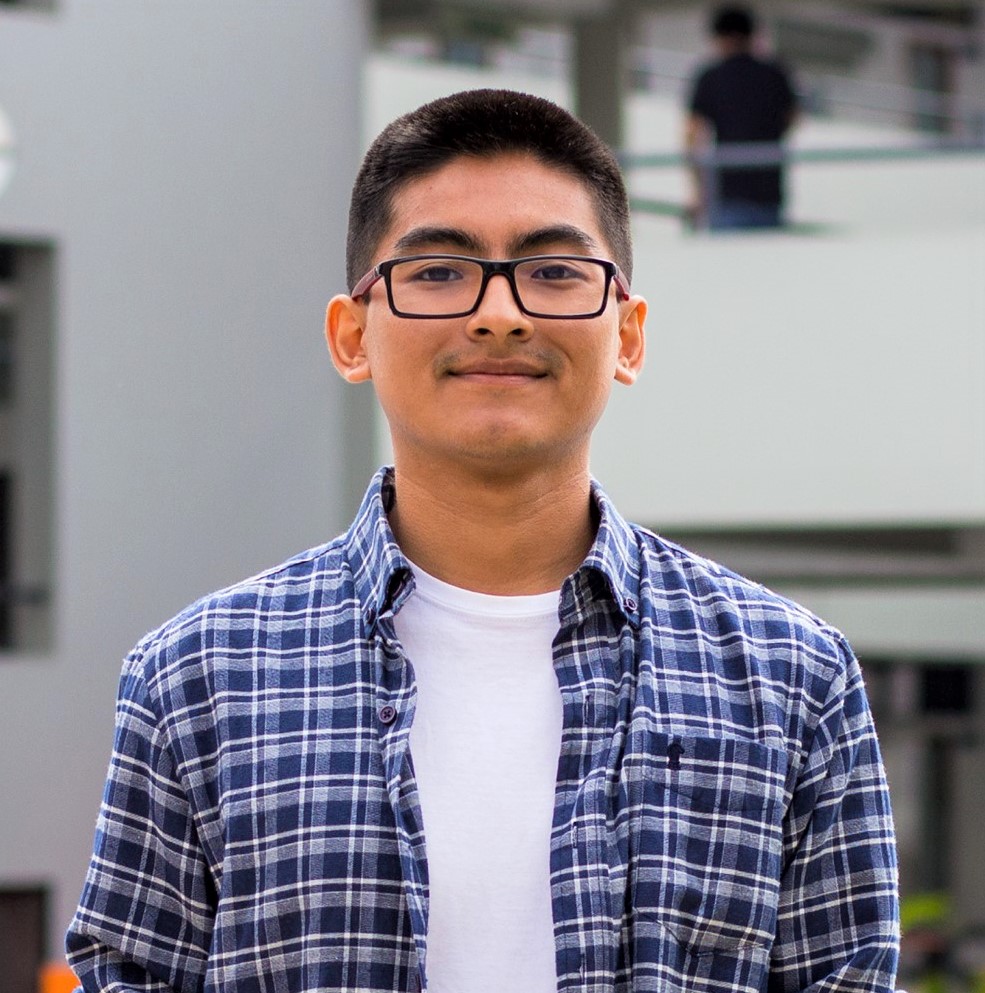
Samuel Rivero Meza
Peru — 2022
To promote the empowerment of adolescents in gender issues so that they can lead and participate in generating positive changes in their schools that allow for the construction of healthy and equitable relationships.
In Peru, gender-based violence in education spaces is prominent due to the lack of gender approach in schools for the work with teachers, students and families. This problem, according to Samuel, influences the quality of education and people’s mental and physical health.
This is why he co-created Diverge, a youth organisation that promotes programs to empower students on gender issues. One of the programs is G+, which includes 8 weekly sessions where students interested in leading changes in their schools can learn about gender theory, tools to design strategic actions and develop as adolescent leaders. This project is unique, as it aims to form “Diverge” community groups comprising student leaders in each school and in doing so, they not only promote change in their schools but also monitor gender equality agreements and policies in their schools. Samuel dreams that in the long term, Diverge can become an NGO that works together with business, government and civil society actors to promote safe school spaces free of gender-based violence.
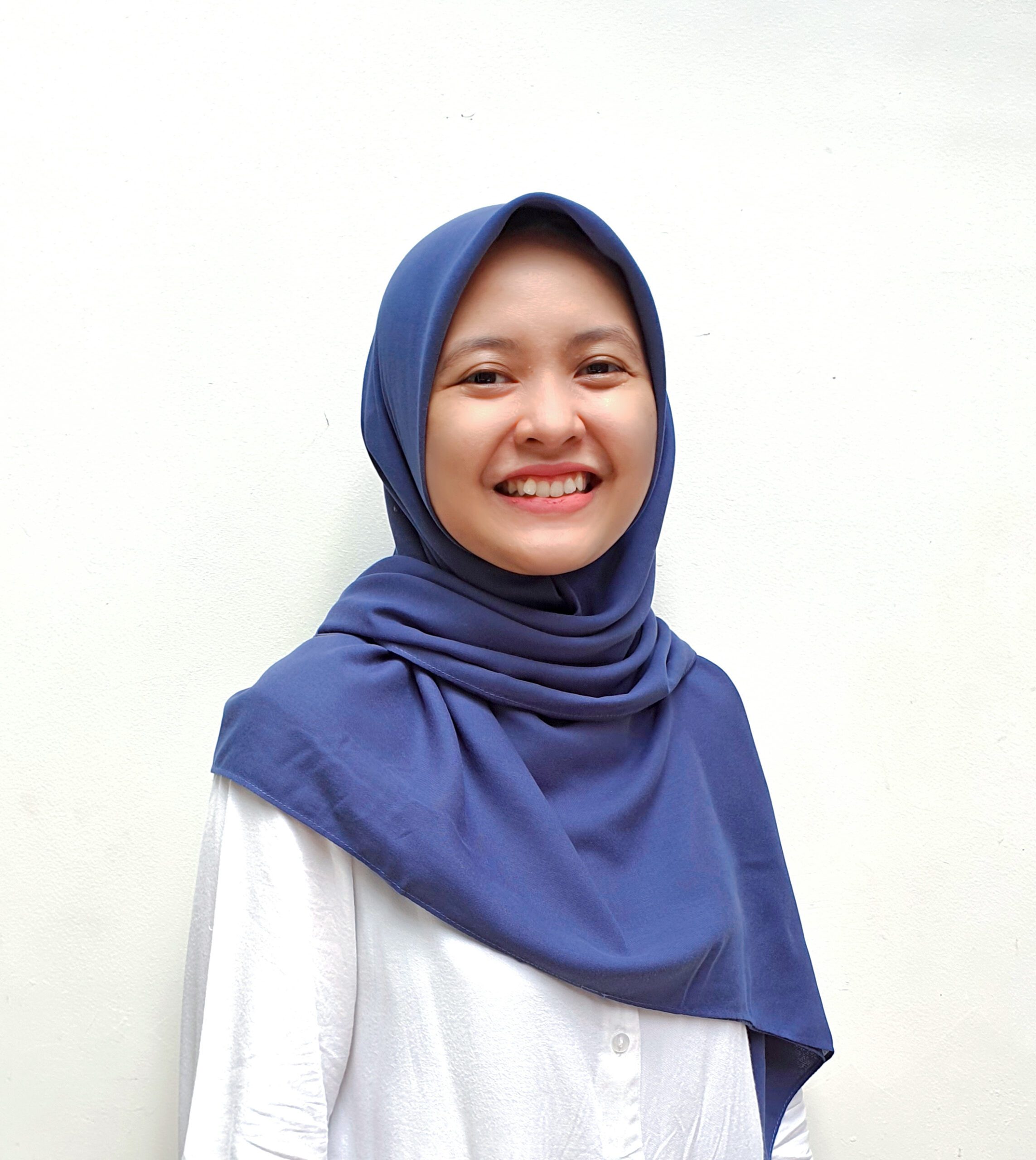
Putri Aprilia Regita
Indonesia — 2022
To provide an accessible and high quality learning platform and support system for mothers
In Indonesia, 1 out of 5 mothers experience postpartum depression (as at 2022). In some cases, the mothers commit suicide and endanger the baby. Due to this alarming statistic, Putri believes it is important to raise awareness about the issue and she does so through her Empowering Mothers project.
Putri’s organization, Postpartum.id, has several programs, but under the Alumni Ventures Fund, she is focusing on one program called “Ibu Berdaya” (translate loosely as “Empowered Mothers”). Through Empowering Mothers she aims to increase mothers’ knowledge and skill about baby care, build positive self-concepts and healthy emotional regulation, and provide a safe space for them. They have designed the online class (through WhatsApp and Zoom meetings) considering some risk factors of postpartum depression, which are a lack of confidence in baby care especially for new mothers, a lack of emotional control, and difficulty to communicate the need with the support system. Putri and her team chose to focus on those aspects since it is manageable.
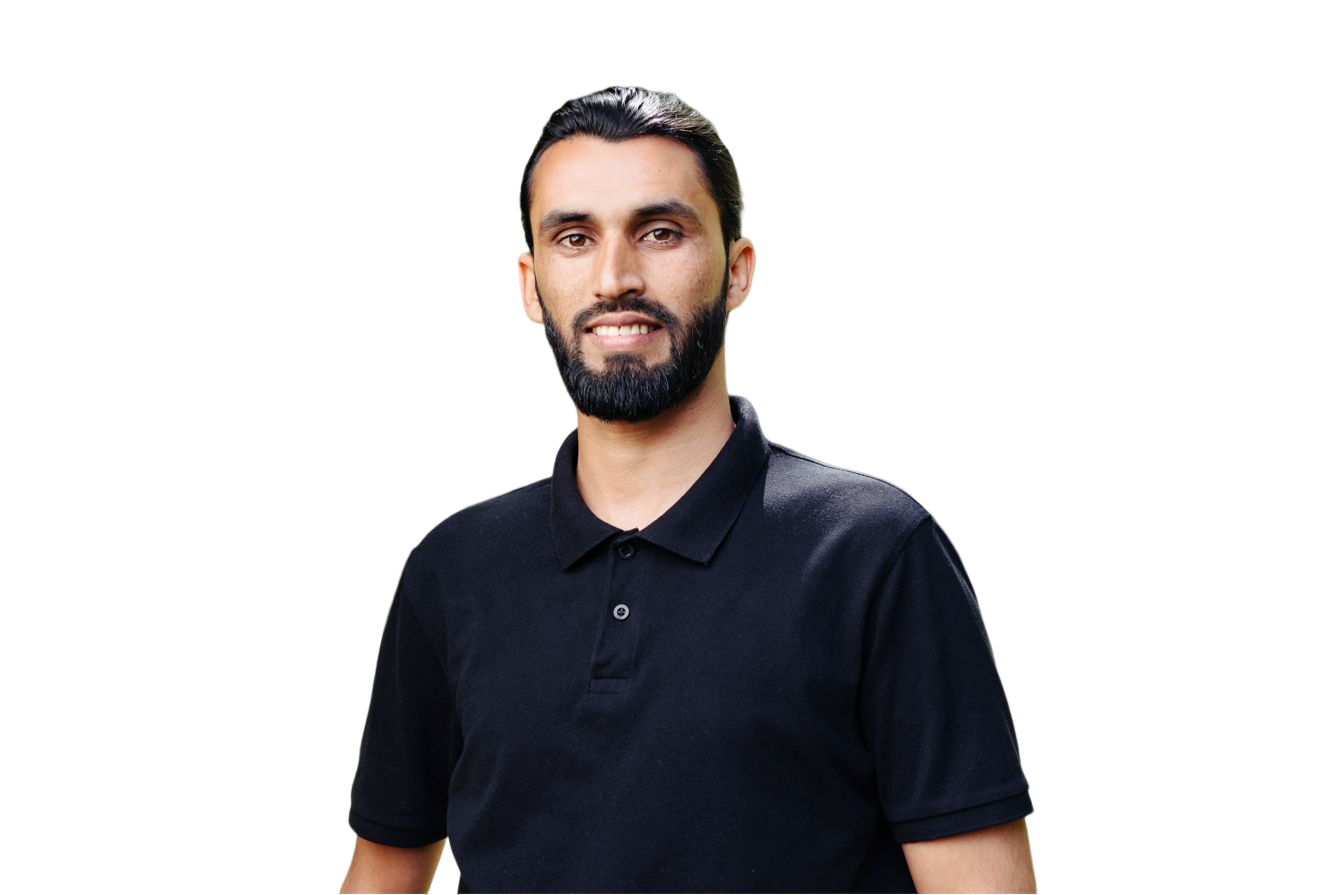
Mohamad Tahir Ghori
Afghanistan — 2022
Raising public awareness on sustainable development and knowledge on how to use water resources and sanitation facilities.
In Afghanistan, water and sanitation are one of the main causes of many challenges in the communities including health problems in low-income and less-developed regions of the country. The lack of public awareness of sustainable development and the use of water and sanitation facilities is therefore a challenge across communities including Mohammad’s own hometown, Firozkoh, where he has personally experienced a lack of drinking water resources and wrong household wastewater management in the community.
To counter this problem, the Unisfere initiative was designed by Mohammad which includes a fellowship for Afghanistan youths named University Research Fellowship to enhance students’ research skills and do public awareness of SDGs and water resources. The fellowship aims to help bachelor students and recent graduates to learn about research and conduct research on community challenges in support of sustainable development. This way youths will be equipped with research knowledge and skills while publicization of the research can influence decisions, decision-makers, donors, and the public to contribute to sustainable development which is the mission of Unisfere.
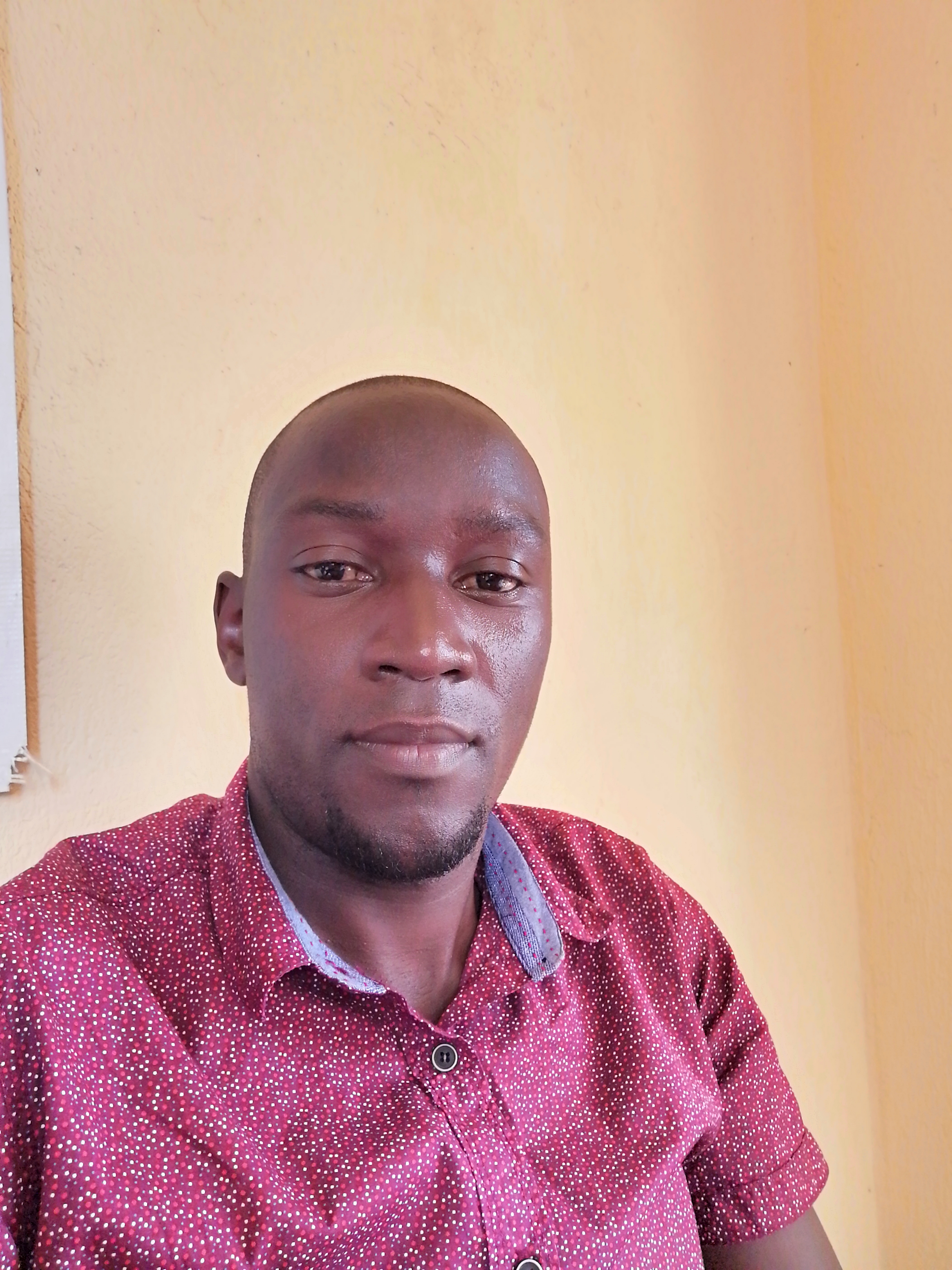
Ibrahim Kakinda
Uganda — 2022
I envision a community of self-reliant, innovative, and productive women and girls in Uganda.
The persistence of child marriage in Uganda, driven by the scourge of poverty and harmful traditions and gender-discriminatory norms rooted in patriarchal, religious and cultural values that favour boys over girls are contributing to the denial of girls their rights and stifling their ability to play an equal role in the community.
Ibrahim’s project, therefore, empowers marginalized women and girls through business, in basic bakery and pastry production alongside marketing and financial management skills to improve their income and business management skills. The central strategy lies in building avenues for economic empowerment, resilience building and improvements of livelihoods for teenage mothers and adolescent girls as well as enhancing family and community mobilization for economic empowerment. By the project’s end, 37 girls will have directly been equipped with sustainable skills in bakery, marketing and financial management skills to improve their resilience.
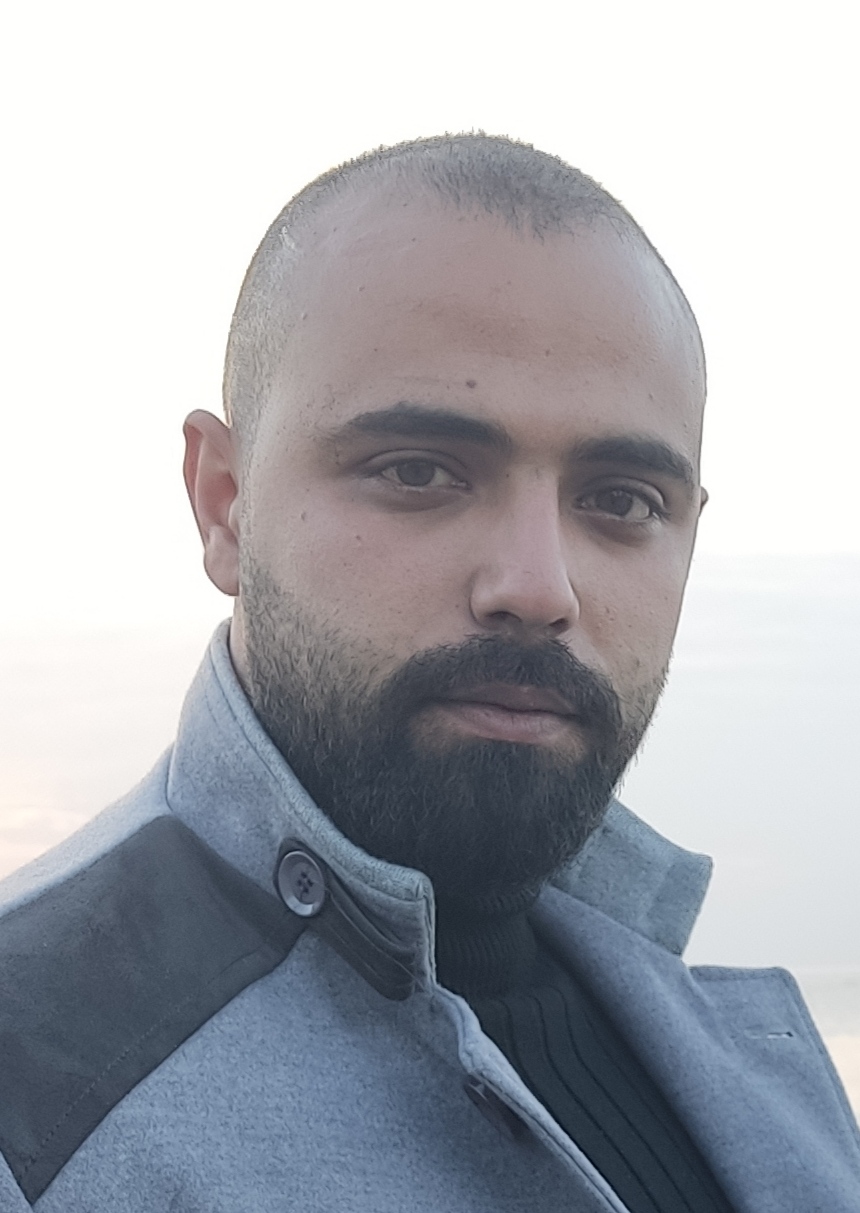
Ahmad Bakdad
Syria — 2022
To raise the awareness of, build capabilities for, and create a child’s-best-interest response for survivors of abuse.
Due to war in Syria, children’s rights and protection matters are in need of serious attention, especially among community members, and the failure to safeguard children’s rights, he believes, can be more devastating than the war itself.
Ahmad’s project, therefore, addresses the needs of Syrian children for protection and safeguarding. This project employs prevention measures to better protect children and creates appropriate response and mitigation procedures for survivors. This will happen through awareness sessions to break the taboo and talk about child rights and child protection matters. Working closely with children and adults, Ahmad seeks to build their capabilities and help them create a supportive and safe environment around children. He will also advocate for governmental entities in Syria to strengthen child rights principles and improve services provided for children.
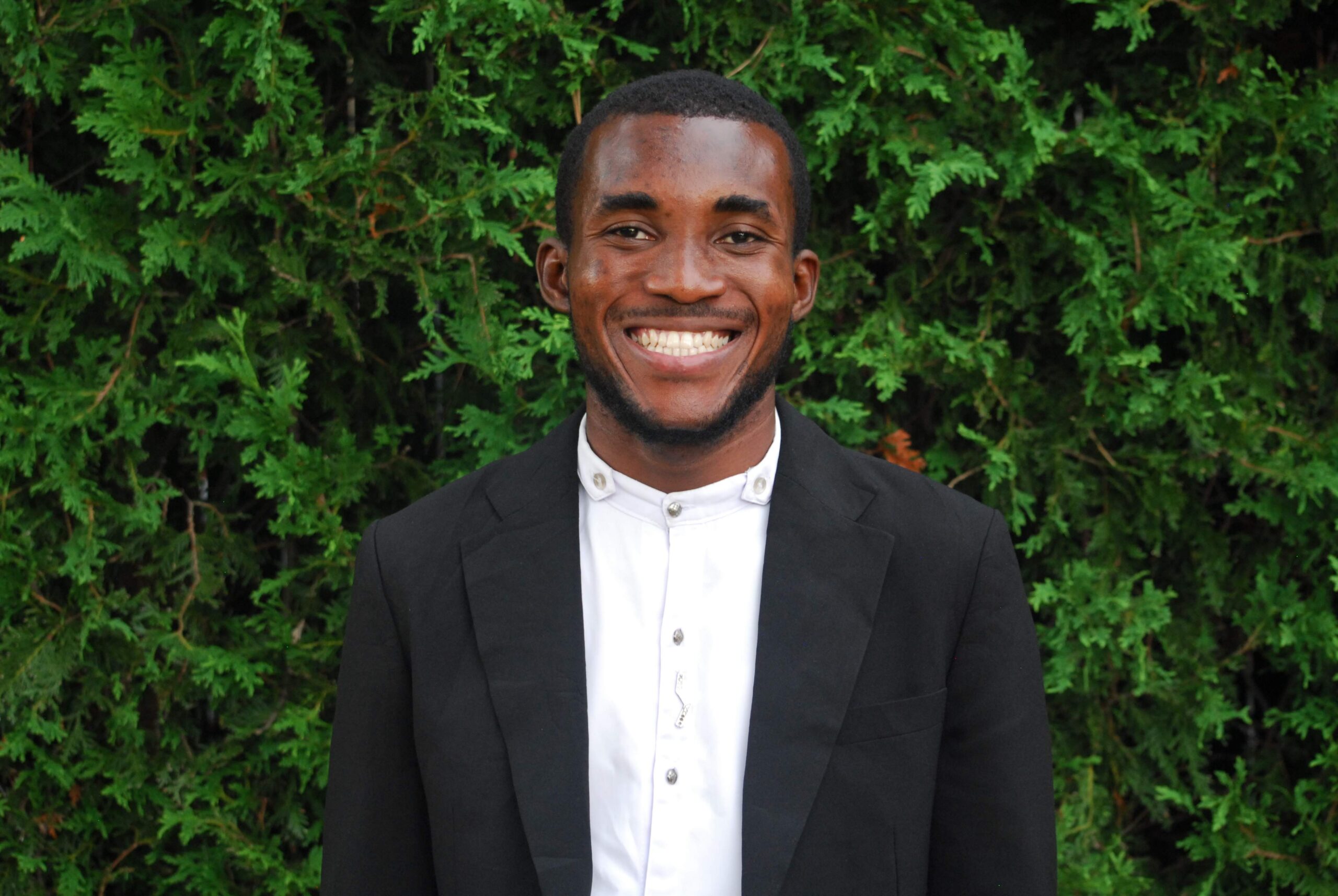
Daniel Kwaku Owusu
Ghana — 2021
To use action research and education to drive peri-urban and urban aquaponics to ensure sustainable farming activities among households.
Daniel Kwaku Owusu is a dedicated natural resources conservationist, effective community educator, and aquaponics farmer with 10 household aquaponics establishments across five different regions in Ghana.
Through his project, Daniel aims to contribute to food security through innovative household aquaponics establishment as an alternative livelihood and climate adaptation strategy. Household aquaponics initiative using locally available materials is an initiative that seeks to promote household adoption of aquaponics (fish and vegetable culture) in a recirculation system as a climate adaptation strategy in urban and peri-urban areas.
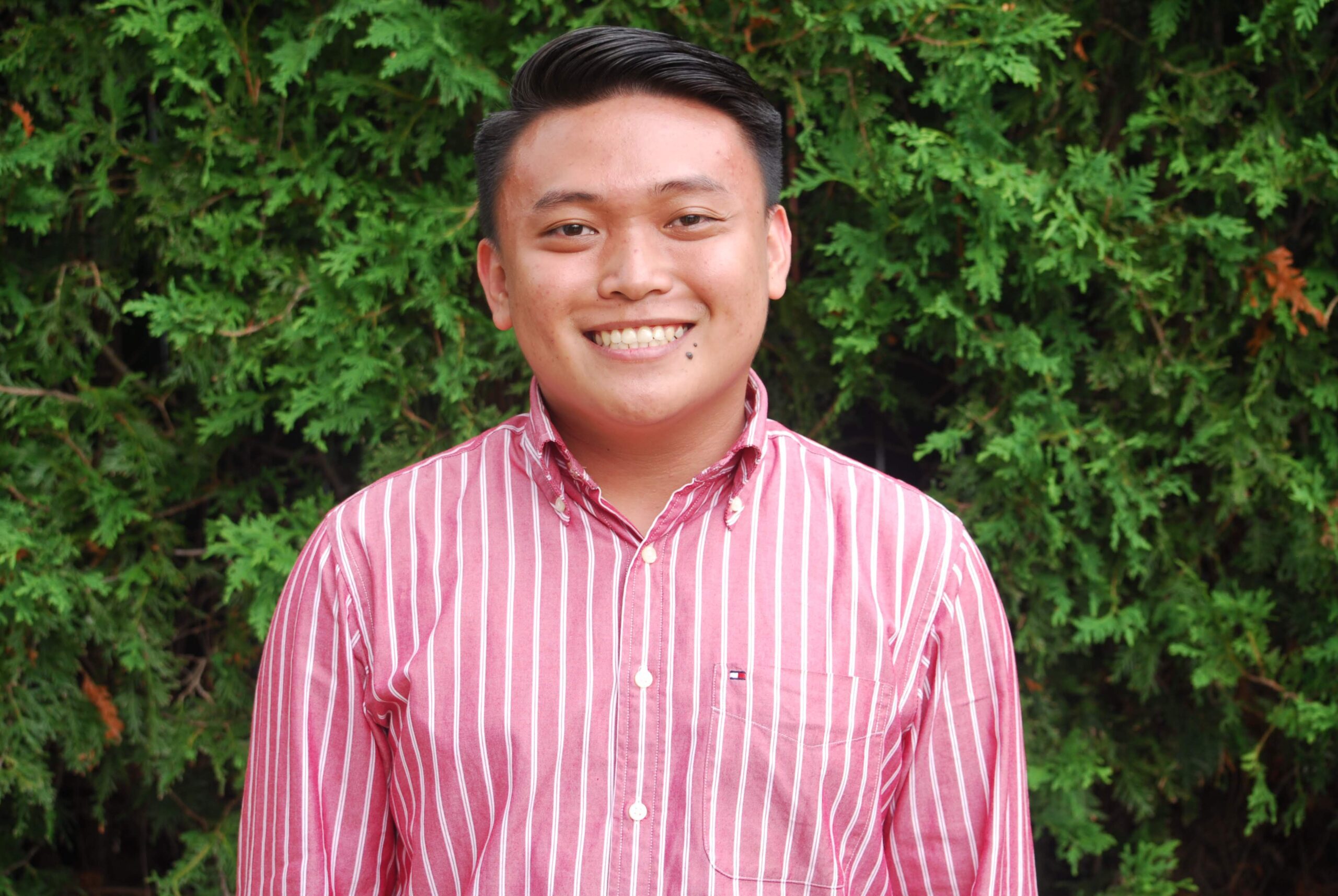
Lourence Balatbat
Philippines — 2021
To create youth-responsive and youth-inclusive systems of governance that will guarantee proportional youth representation and decision-making power over matters affecting their present and future civic, economic, political, and social lives.
Lourence is a social innovator from the Philippines who founded Beyond Three Billion — an initiative that works with communities in four developing countries to address the marginalization of young people in decision-making spaces. From receiving the first Roberta Richin Vision Plan Award in 2017 when he was a Young Leaders Fellowship mentee, Lourence returned as a mentor in 2019 and 2020 and, most recently, he received MCW Global’s 2021 Alumni Ventures Fund.
Beyond Three Billion is a youth-led, not-for-profit organization implementing a community-based project that creates a youth-responsive and youth-inclusive decision-making system. Simply put, B3B works with four target communities in the Global South to ensure that young people under the age of 35 have both proportional representation and adequate decision-making power in community-level governance.
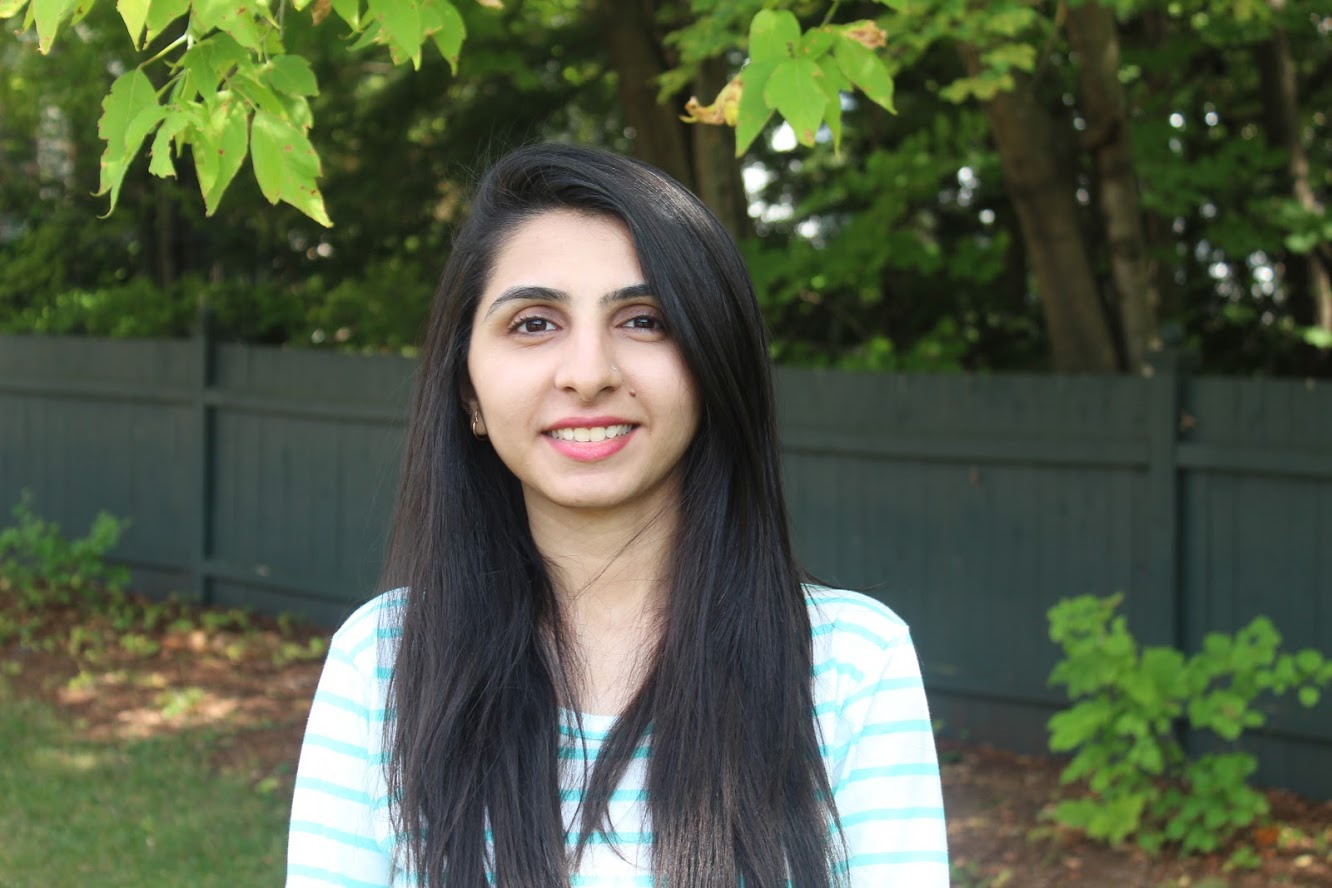
Anmol Zehra
Pakistan — 2020
A community of healthy individuals with access to health facilities and compassionate healthcare systems in Pakistan.
While studying medicine for 5 years and practicing it at one of the most renowned state owned hospital, I experienced the miserable state of healthcare systems. People have to travel hundreds and thousands of miles to get to some sort of medical aid.
These problems forced me to look around my circle of influence and come up with idea of creating “HEALTH MATTERS” which is focused on bringing in health solutions using technology and innovation as medium to contribute to the betterment of healthcare systems in the country. In the era of technology, when we have to opportunity to reach out to people living in far flung areas through internet, creating a digital platform to connect efficient underutilized doctors with patients with less resources and unmet needs is extremely different but not impossible.
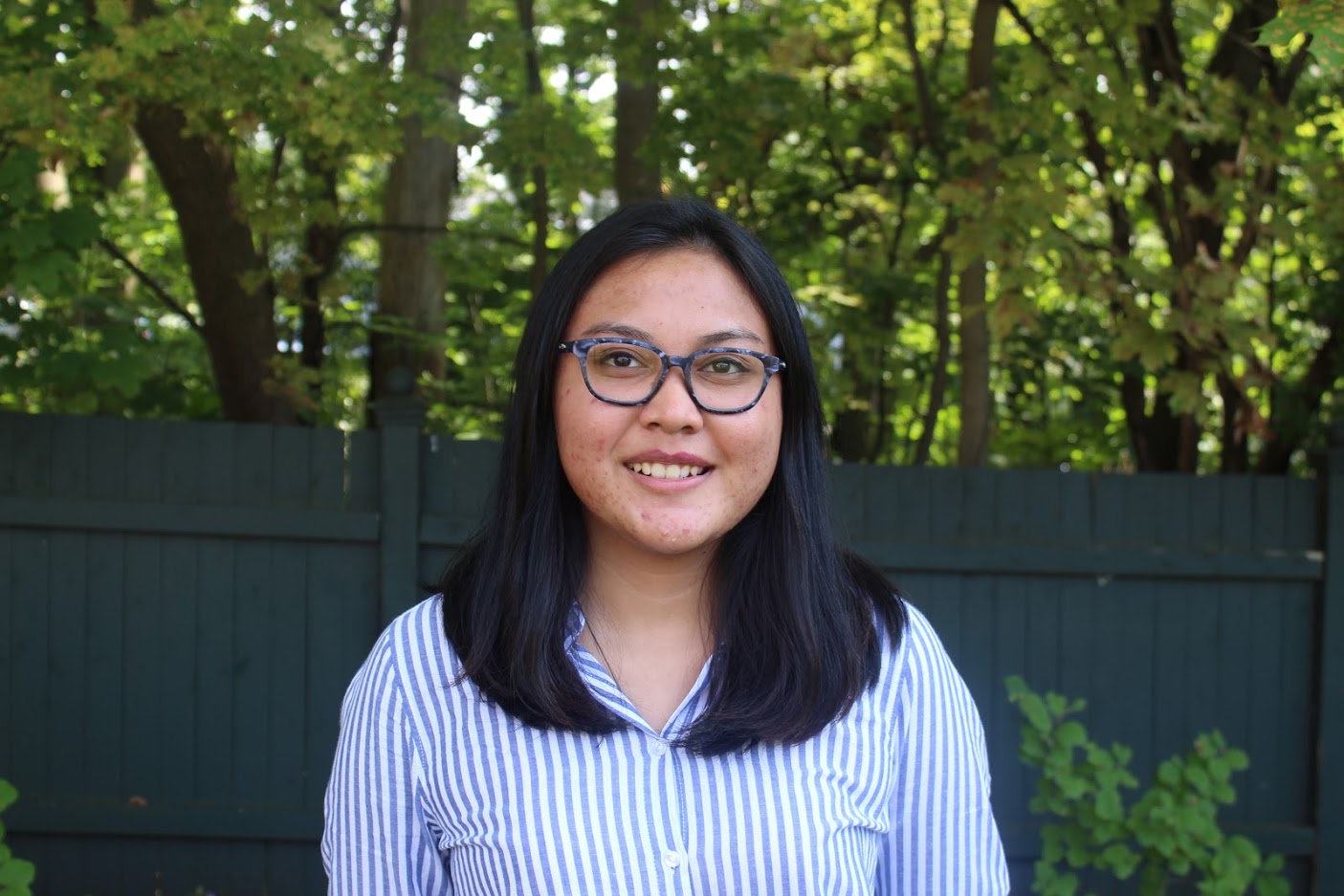
Made Sunaya
Indonesia — 2020
A place where Indonesian Children and Youth have the awareness and ability to maintain a healthy and green environment.
Continuing my pilot project of Bumi Buddies that I created from the Young Leaders Access Program back in 2018, I am still in full spirit and determination to continue to create programs that concerns about the environment.
“Less Waste More Love” is in a form of workshops series that are aimed for young people, and it will enable them to learn from different speakers and workshops that will be invited to facilitate several topics. This will allow the participants to learn something new from experts, get the sense of being involved, and become environmental leaders.This project is unique, because now, with the raising concerns about the environment, I realize that the youth have the power to make the change in their own community. They have the voice and the ability to empower their community, by being their own environmental leader.
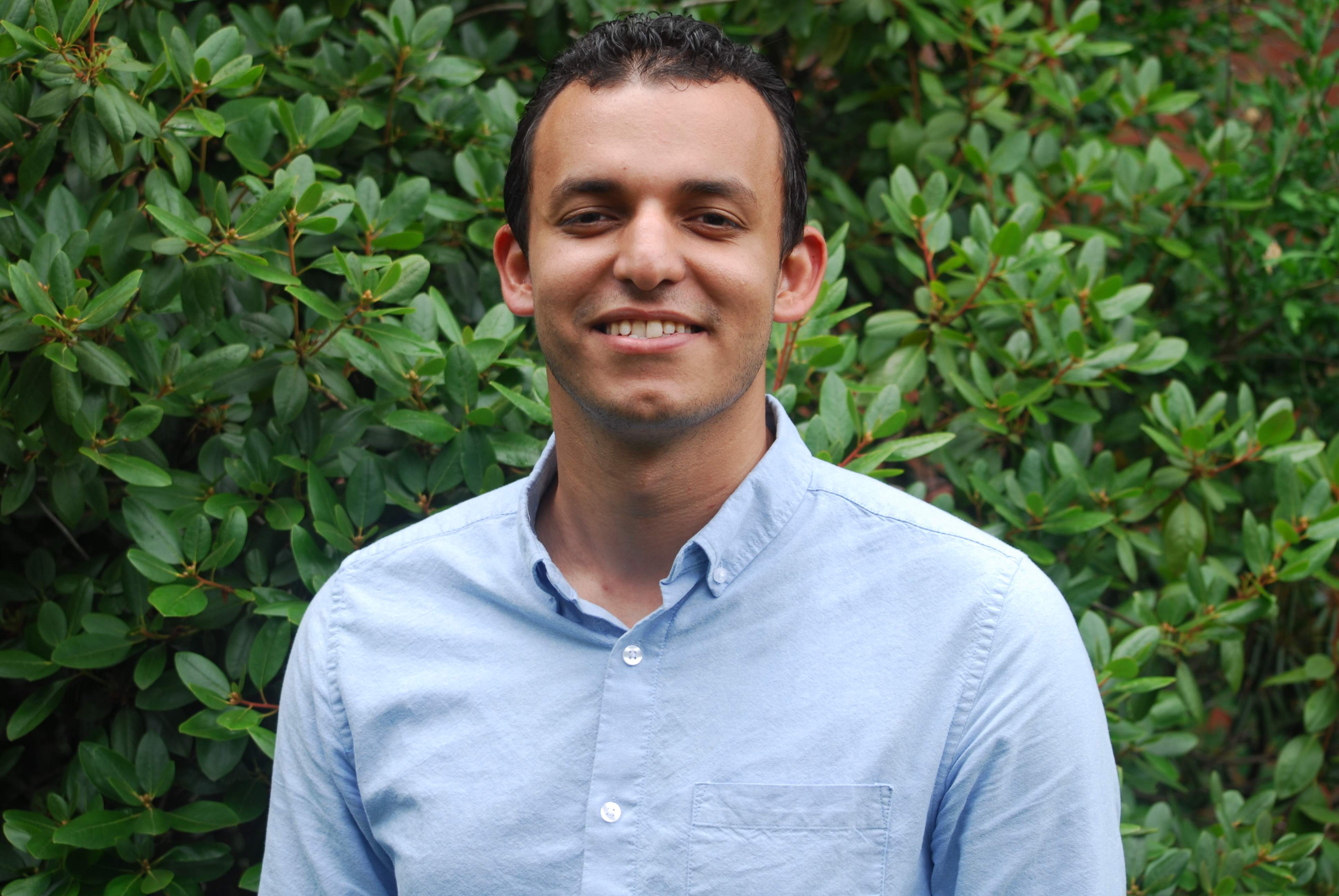
Mohamed Ghanem
Egypt — 2019
Agents 4 SDGs has developed on a whole new level due to the AVF Support. Since 2019, we were able to design and implement 5 programs that impact more than 350+ young people in Egypt.
The programs focused on equipping young people with a clear understanding of SDGs, social entrepreneurship, and civic education whether through awareness campaigns (online/offline), workshops, networking events, and peer mentorship. Also, we have an extensive TOT program to qualify the young facilitators and trainers with the required knowledge to transmit their knowledge to maximize impact on youth program and organizations. On another hand, we were proudly able to train the trainers, and enablers in rural areas like upper Egypt and follow up on their multiplier effect which was quilt successful to reach more people in these places in need of our support. Thus, we have been reached out by big organization to become their partners in different programs such as UN SDGs Advocates Program, British council active citizen programs, Goethe institute Cairo. Also, we participated in the social dialogue on the Egypt 2030 vision.
In addition to that, we secured physical space to implement our offline workshops and we succeed to build a good website and stored into a server which helped us to build a digital infrastructure to be ready to shift our activities online, reach more people and continue in the time of lockdown.
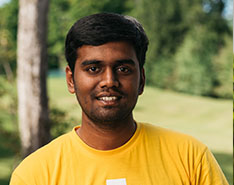
Sharath Koona
India — 2019
At project R.E.T.U.R.N (Redefining Education Through Universally Reachable Network) our vision is to see “A world where every line-of-work is cherished” we will achieve it by Creating an URN (Universally Reachable Network) which guides & mentor individuals in realizing professional dreams.
With our project we are making the communities aware about the diverse career paths out there, through career crafting workshops. And also by developing an online platform which generates optimized career paths for the dreamers by not only listing out all the steps to one’s dream career, but also by providing with the minute details like Skills/Certifications required to ascend those steps.
Workshop 1: Discover Dreams – Successfully executed our first career crafting workshop in association with St. Joseph’s convent High school, Adilabad. While this workshop acted as a platform for both students and parents to open a dialogue regarding CAREER PLANNING. Ms. Harsh Vardan Kaur’s amazing insights on parent-child nurturing and different career opportunities that are trending at present & Alumni talk by Sharath Koona has inspired many of his juniors. In total 290+ participants attended the event which includes 140 students 130 parents 20+ teachers & others.
Workshop 2: YOUOPEN – Youth Opportunities & Entrepreneurship is a one-day summit to educate youth in becoming leaders of positive change in their communities. At this event we along with youth of India come together to learn about Mr. Gauravdeep Singh’s entrepreneurial journey & Ms. Harshvardhan Kaur provided insights into opportunities within India & abroad for youth with high potential to lead in their communities. In total, 600+ students from different streams attended the workshop.
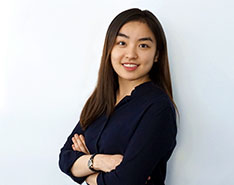
Tu Karen Nguyen
Vietnam — 2019
YJT Sisterhood Union was formed in April 2017, based on the foundation of a 10 years old fan-forum. The organization aims to create a platform that connects and empowers members (mostly female) through knowledge sharing, career opportunities sharing, and emotional supports.
After 3 years in operation, the organization is now hosting 2345 members, 94% of which are female aged from 18-35, with 88,5% active rate on our Facebook group. YSU members are Vietnamese located in 25 different countries all over the world, but mainly big cities in Vietnam.
In February 2019, Tu-the founder and YSU received AVF award from MCW. With that financial supports, YSU created its official appearance with logo and website, set-up more activities with YSU Skills Share Club, various Webinars, Blog Writing, and Career Opportunities sharing. YSU is now providing and encouraging members to join their free classes in Business Intelligence, coding with Python, and more classes to come.
In the next few years, the organization aims to cultivate enough experiences and resources to run Mentor program and Micro-finance program for its own members.
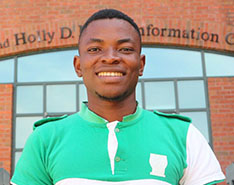
Ogbemudia Eddy Uwoghiren
Nigeria — 2019
The LifeSaversNG is a Social enterprise with the vision of ensuring there is zero preventable deaths during emergency by empowering ordinary citizens with basic First Aid skills to save lives; stabilize victims before transportation to the hospital and techniques to be confident in approaching emergencies.
According to the Nigerian Bureau of Statistics, 2,786 Nigerians died from road traffic accidents in 2019 with more than half of these deaths being preventable had the victims received pre-hospital care or first responders had First Aid skills to administer in reducing severity of injury before transportation to the hospital. Pre-hospital care through Emergency Medical Services (EMS) which is necessary to improve outcome of emergency conditions is suboptimal in Nigeria and international organizations have recommended that training of lay responders in Basic First Aid is a means of filling this gap in low resource settings like Nigeria with inadequate EMS.
In the last 2 years of carrying out intervention programs through our community based First Aid trainings, #StopTheBleed Campaign and Online campaigns, we have organized 8 trainings empowering 650+ persons directly with Basic First Aid skills.
As an organization made up of 15 volunteers, we have given team members the opportunity to develop their leadership skills and learn project management while discharging their duties. Our Monitoring and Evaluation analysis showed an increase in Knowledge, Attitude and Practice of First Aid among the beneficiaries from 18.1% to 49.7% with three beneficiaries returning to their local communities to hold a step down trainings.
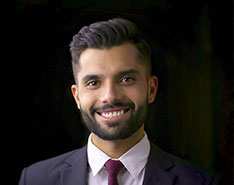
Italo Alves
Brazil — 2018
Italo is one of the leaders of TODXS, a non-profit that aims to tackle the exclusion of the LGBTI community in Brazil, which has limited access to resources to empower their lives. Italo will use the AVF grant to continue his work with TODXS Ambassadors, aiming to identify, connect, and empower young LGBTI leaders to work toward more inclusive communities in the country.
“I am super excited about representing the MCW Young Leaders Program through the TODXS Ambassadors project. We are the first LGBTI project sponsored by the grant and also the first in Latin America. As a member of this historically marginalized community, it feels amazing to be able to have access to such an incredible opportunity.”
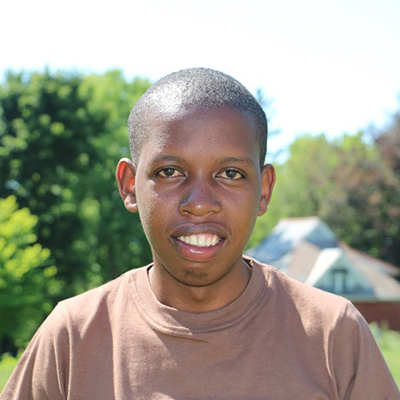
Kelvin Kiko Muuo
Kenya — 2018
Kiko established the startup Angaza Elimu in December 2016, aiming to tackle the education gap in Kenya by introducing digital technology to the teaching and learning experience.
Growing up in Kenya, Kiko knew firsthand about the inefficient classrooms and inadequate educational materials, which is what drove him to want to “elevate the classroom experience.”
To do this, he developed a digital platform that combines e-learning with a simple classroom setup that releases teachers from demanding administrative tasks and gives them the time to focus on teaching the curriculum.
Disrupt Africa, a news portal covering the continent’s tech startups, explains: “Schools utilizing Angaza Elimu receive a computer with its preinstalled e-learning software and a projector to allow the teacher to share material with the classroom. Multimedia content is used to reinforce the learning process and make it fun, with the solution strengthening, rather than replacing, the student-teacher relationship.”
Kiko says the Alumni Ventures Fund grant has helped make this possible.
“The AVF grant has been a gift to Kenyan students. We have been able to reach more schools and to achieve on our mission of elevating the classroom experience.”
The result has been transformative.
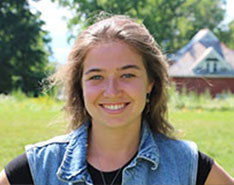
Cody Jacobs
Long Island/Brooklyn, New York, USA — 2017
Cody’s project, CUBA: A Cooperative Future, aimed to bridge the gap between the USA and Cuba through the knowledge of cooperatives. Cody visited and spent time with Cuban cooperatives to create a photo essay and book. Her research led her to a strong belief in the power of cooperatives to uplift entire communities with a focus on how women are lead economic development around the world. She now works as a Program Manager, for Women Entrepreneurs NYC, WE NYC, the official initiative of the city of New York to support and empower women entrepreneurs.
“Through the years and especially through my experiences with MCW, I learned more and more about injustice and oppression around the world, but most importantly about our ability to make the world a better place. I am committed to using photography as a tool for change. With the AVF I finally had an opportunity to do just that: to document change as it is happening, and share it with the world.”
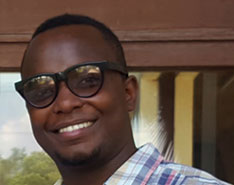
Fredrick Meena
Mbeya, Tanzania — 2017
As part of the MCW Oral Health Care Program, Fredrick has continued to work on his project, Oral Hygiene Practices in the Community, which aims to educate about oral health and introduce basic care to prevent oral diseases in local communities in Tanzania. The AVF grant enabled him to expand his project to additional communities and to include disabled children.
Fredrick is currently preparing to return to the communities he first visited (orphan and disability centers) as part of his AVF project and provide free dental screening and oral health advice.
“AVF means a lot to me because it will help me reach the rural community and provide oral health hygiene education.”
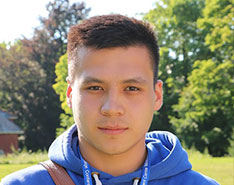
Timurlan Alagushov
Bihskek, Kyrgyzstan — 2017
Timurlan used the award to create a new mobile platform for his organization, Let’s Dance. The organization’s mission is to provide dance education through people, technologies and events and to create an environment where young people can develop both as artists and professionals.
“Receiving such support as the AVF for the current period of my project development is like finding oasis in a desert. Let’s Dance will change the dance industry all around the world and will help to bring the most value of the art of dance to people, beginning from my local community to global.”
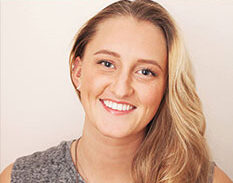
Hennie Kongsøre
Oslo, Norway — 2016
In 2014, Hennie founded a non-profit, RAFIKI, to raise money to support children in the Tanzanian town of Bagamoyo. Her vision was to create a safe and secure space where children could come after school to learn, be creative and find inspiration.
Having lived in Bagamoyo for several years, Hennie saw that many of the young people she met lacked the confidence and opportunity to advance their own dreams. As a dancer, she knew the power of art and creativity on an individual’s life, so she decided that she wanted to use them as tools to make a positive impact.
From that moment on, her mission was to build an arts center for children in Bagamoyo. Yet, the journey to achieve this mission has been a long and tough one.
Along the way, she raised start-up funds in Norway, built trust and understanding in the community, and opened up a center.
The AVF grant from MCW helped Rafiki’s future looked promising.
Unfortunately, despite the support she had gained along the way, Hennie lost everything she had built up due to a series of unexpected challenges and circumstances.
Still, she never lost sight of her goal. With the support of her dedicated board members, she eventually changed her strategy and brought all the experience and knowledge with her to a new phase of the project. Thanks to the AVF grant, RAFIKI was able to cover the first year of rent and construct a new dance stage.
On September 22, RAFIKI held its grand opening with almost 400 community members participating in the festival. Since then, children have been participating in RAFIKI’s dance, yoga, street dance, and fine art classes and the center has been fully active.
“It is hard to believe how far we have reached. I was so grateful when I received the AVF grant, but after seeing the actual result – the physical structure, our own space, and the development as an organization, I am more than humbled. MCW, you gave me so much more than just a grant. You believed in my vision, you mentored me through the ups and downs. I am forever grateful and humble for your support and to call you my family.”
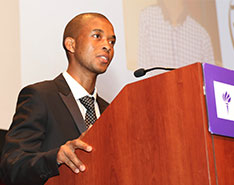
Xolani Makhebe
Cape Town, South Africa — 2016
Xolani received a grant to help fund TUMO – The Unlimited Movement Organization. Xolani first had the idea for TUMO when he donated a brand new school uniform to a boy in need in 2013. From this, Xolani founded TUMO with a vision to make sustainable changes in people’s lives by empowering them through career guidance, education, and tutoring. Recognizing the burden education fees place on young students without financial resources, TUMO plans to cover the costs of university registration fees for the most-improved students it tutors.
“This is not just a fund for me, this is a gift from people who care about me and what I do,” says Xolani. “It will make a huge difference to TUMO. It’s an amazing feeling to know that TUMO will have its first resources.”
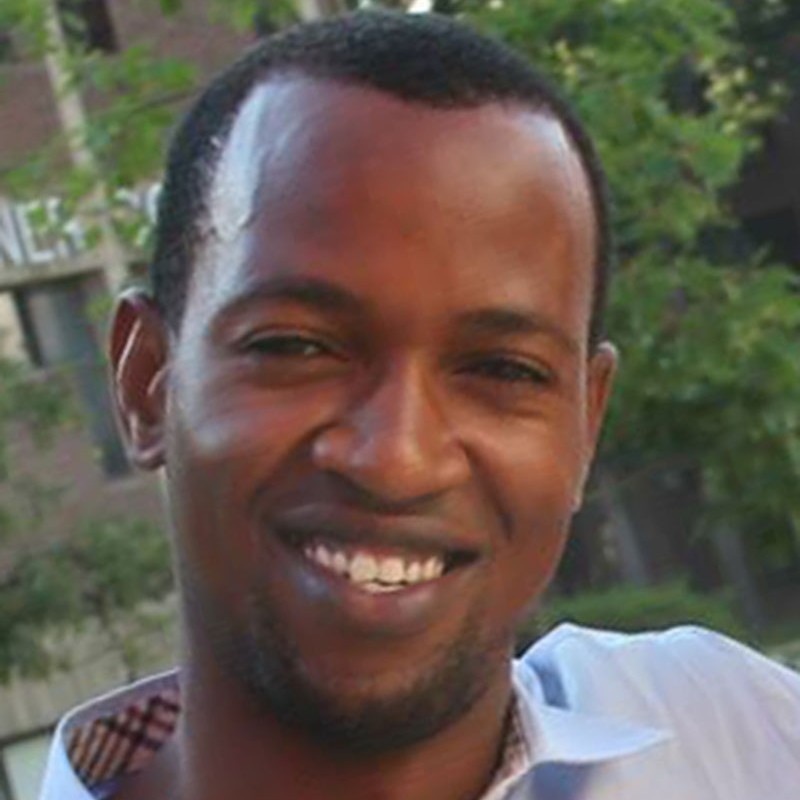
Abdu Mohamed
Arusha, Tanzania — 2015
Established in 2013, Abdu’s The Way Forward Foundation aimed to educate communities in Tanzania about United Nations Millennium Development Goals (UNMDGs), provide scholarships to disadvantaged children to pursue educational opportunities, and and to educate about life skills. With the AVF grant, The Way Forward purchased equipment and materials to support the pursuit of these goals, as well as to produce a song and video documentary. During the execution of Abdu’s project from 2015-2016, 3,000 students in six secondary schools and 500 youth, and 600 parents engaged in foundation programs. The foundation is no longer in operation.
“We have seen so much feedback with appreciation of our programs and we created cooperation with other organizations and the government.”
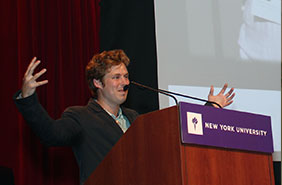
Dylan Howard
Maine, USA — 2014
Dylan received a grant to support his work with the Caterpillar Hill Initiative (CHI), a non-profit in Maine that helped to turn a piece of property on the coast into a space for the arts. With a vision of not only preserving the beautiful piece of land, CHI is committed to “connecting people to the natural world through art” and hosts an on-site art gallery to showcase the works of local artists, while also serving as a space for the community to host workshops, retreats, and conferences. AVF helped CHI build an amphitheater that will provide a public space for community events, and attract a year-round source of customers that will help fund CHI’s preservation.

Chris Bashinelli
Brooklyn, New York, USA — 2012
Chris’s vision when applying for the AVF was to return to the Pine Ridge Indian Reservation in South Dakota so that he could screen a rough cut of the documentary he had previously filmed there. The project, called Bridge the Gap, explores life on the reservation and promotes crosscultural understanding; the screening allowed the community to provide feedback to ensure the final version of Bridge the Gap accurately portrayed the culture of and life in Pine Ridge. Chris has gained significant audience and continued the Bridge the Gap series since his visit to South Dakota, expanding the series to include Haiti, Uganda, and Mongolia; all four episodes are now airing on the National Geographic Channel International.
“I hold MCW to be profoundly impactful in my professional and personal life. After being a part of the 2009 retreat I made friendships and connections that changed my life forever. I’m unbelievably grateful and look forward to paying it forward in some way.”
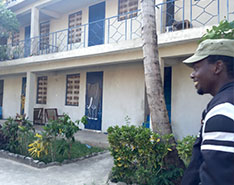
Felix Nyakatale
Bagamoyo, Tanzania — 2010
Felix’s initial vision was to establish a School of Tanzanian Cuisines in Bagamoyo and help students gain the skills necessary to obtain jobs in the hospitality and hotel industry. This evolved into the opening of his restaurant, Poa Poa, which features a modern twist on Tanzanian cuisine. Today, Poa Poa is one of the most popular spots in Bagamoyo.
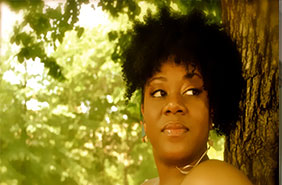
Amma Agyapon
New York, New York, USA — 2009
Amma’s vision was to organize a multi-media event in her community to raise awareness of Lukumi culture and religion, as well as the rites of passage programs sponsored by Egbe Iwa Odo Kunrin/Binrin (The Society of Young Men and Women). Amma’s event, Egbe Iwa Day, included the production of a music video to celebrate the organization, and helped recruit new members to join the organization, serve as mentors, and lead workshops to teach adolescents tools for adulthood. Since the original Egbe Iwa Day, Amma’s vision has continued: the event has been repeated three times since first implemented in 2010, and the song Amma recorded has continued to be used in recruitment efforts for the organization. Amma was “especially excited about receiving a year’s worth of mentorship. Watch the video Amma helped produce to aid her organization’s recruitment.
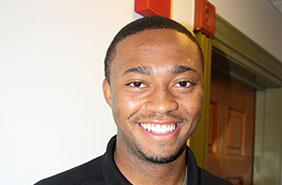
Shawn Crosby
Cleveland, Ohio, USA — 2009
Shawn grew his vision of a platform for teens to voice their opinions into a non-profit organization, the American Children’s Organization (TACO), which he set up in 2006. TACO is committed to inspiring young people from diverse backgrounds to be fully engaged in school and life so they have opportunity and choice to pursue their dreams.
“The AVF grant was seed money that helped us get our initial incorporation [as a non-profit] and start funding our programming.” Today, TACO helps keep high school students in the Atlanta area on track towards preparing for college. Additionally, the organization uses an after-school program to inspire elementary and middle school students to think about their futures and possible career paths. MCW helped me to organize my thoughts and make sense of the passion I had for youth and my community.”
